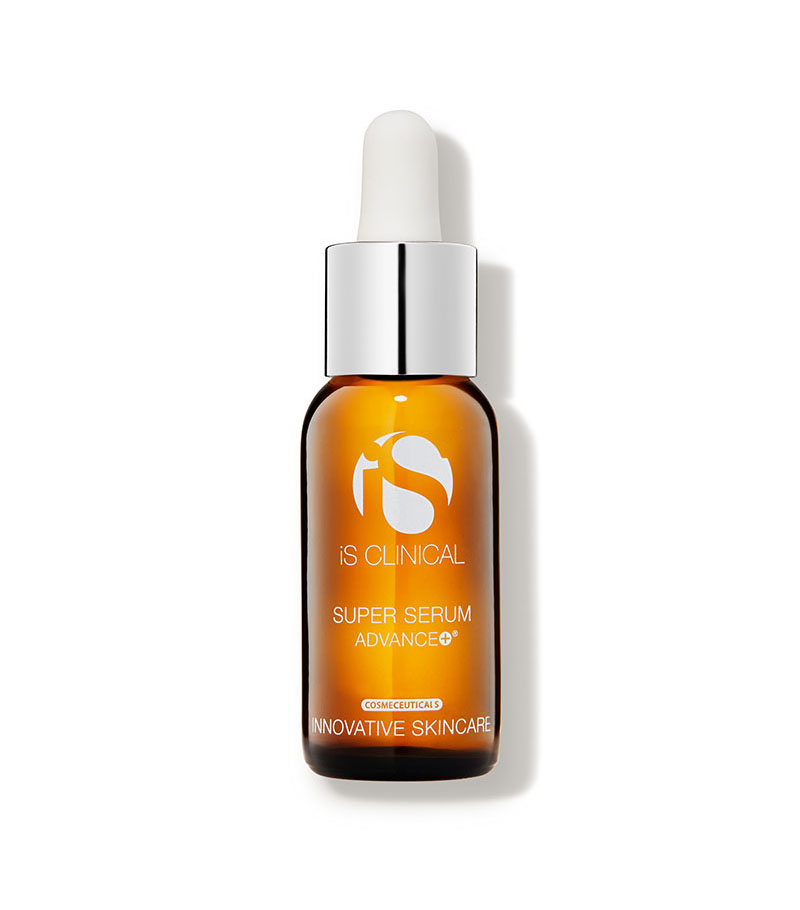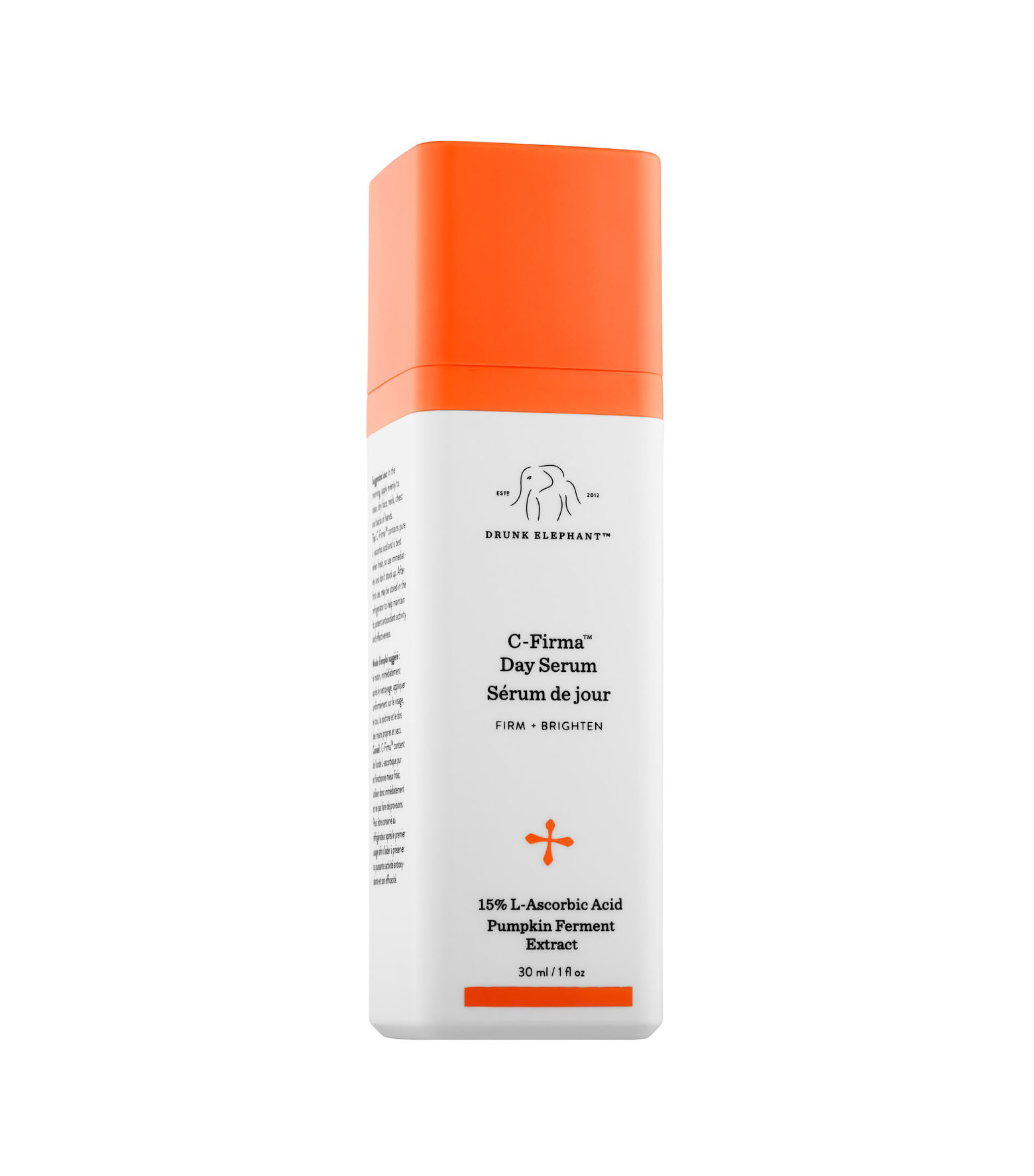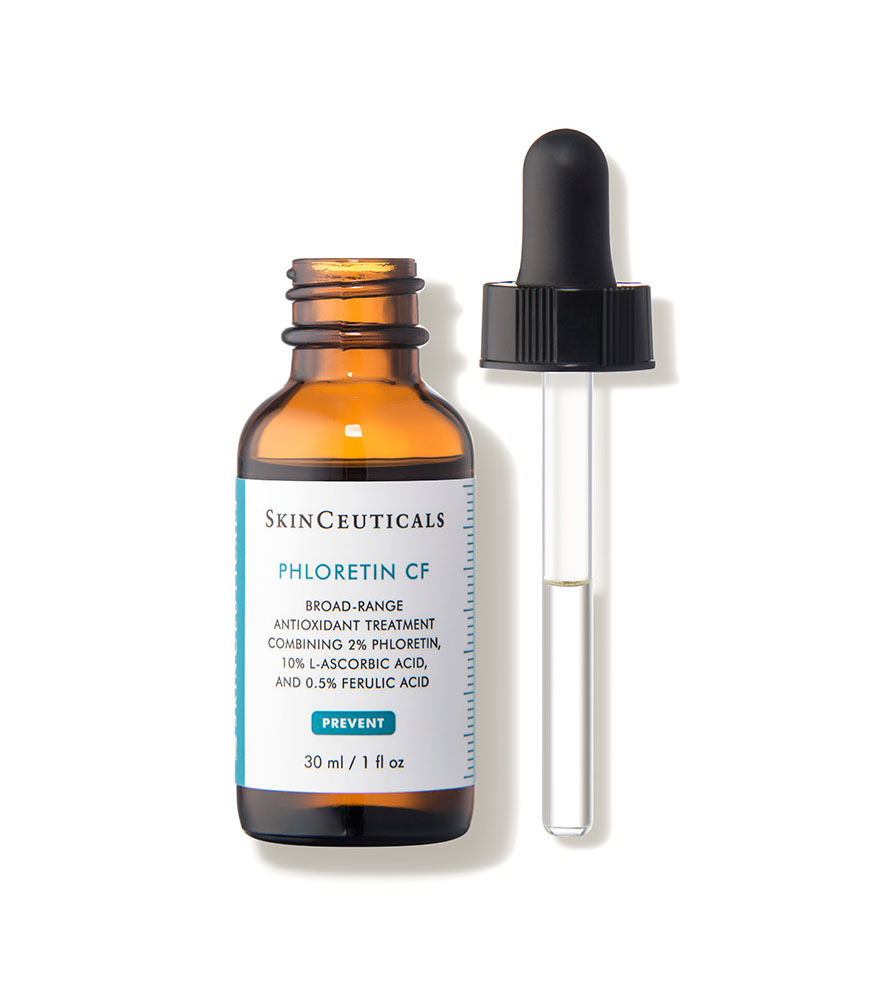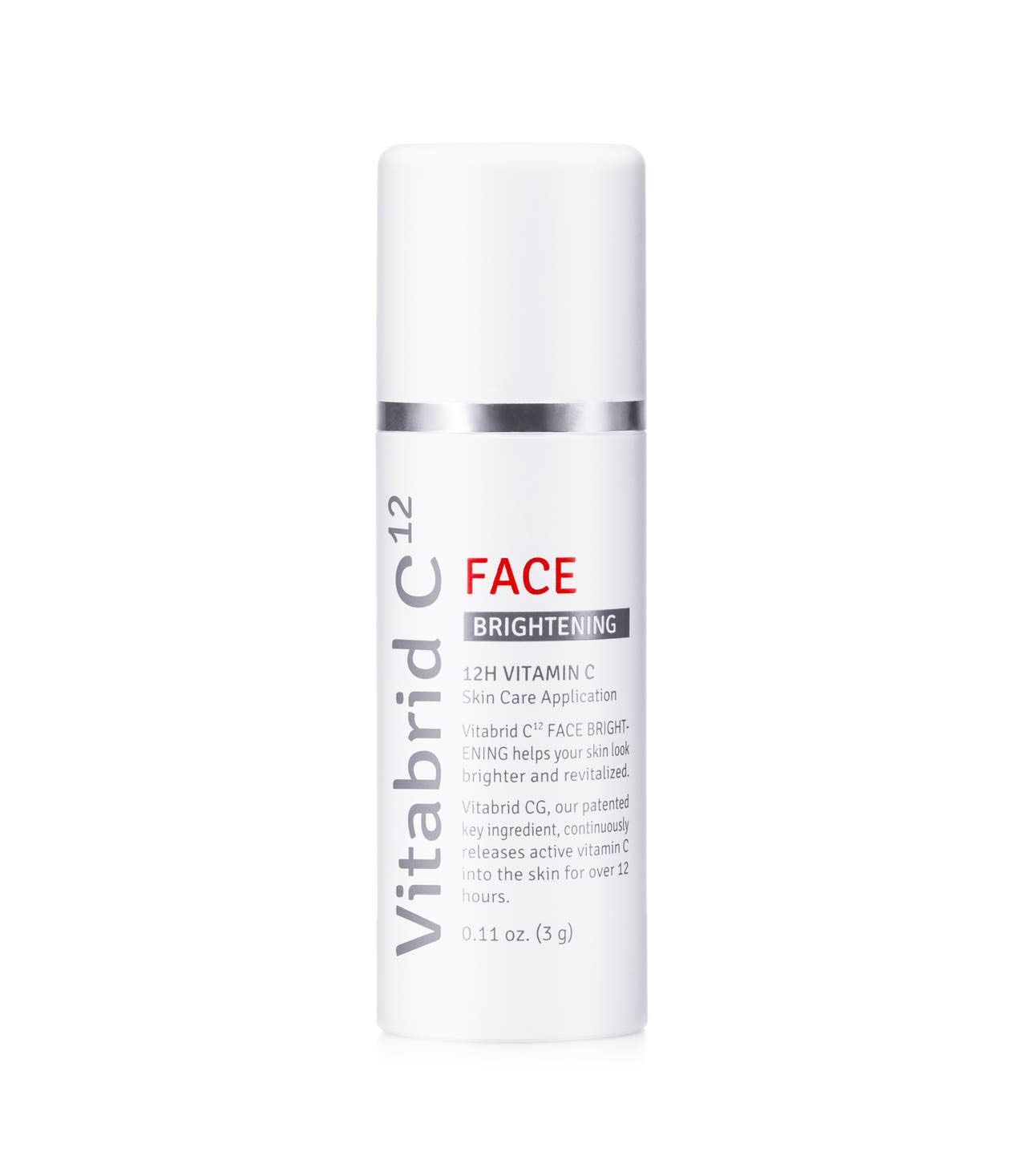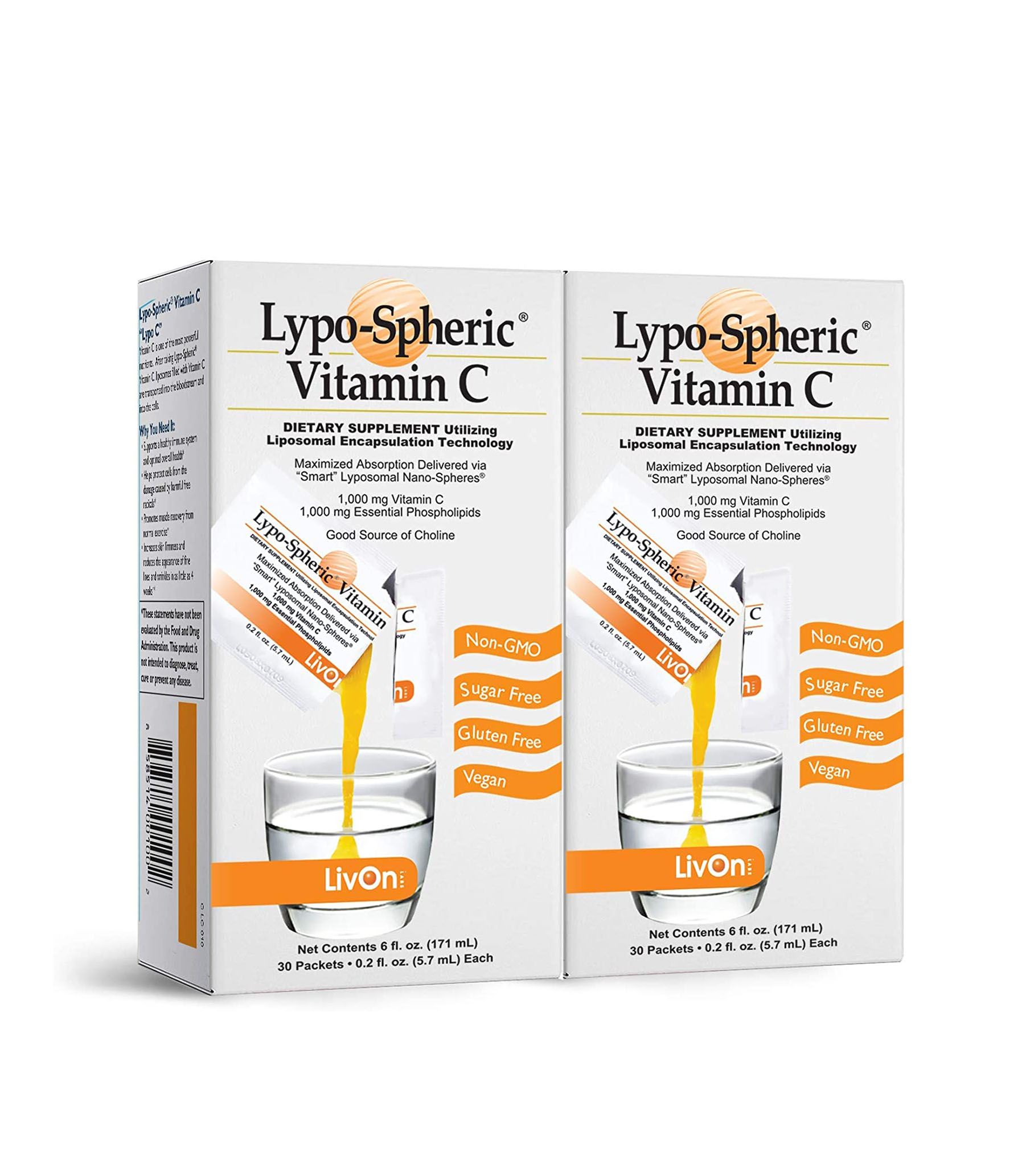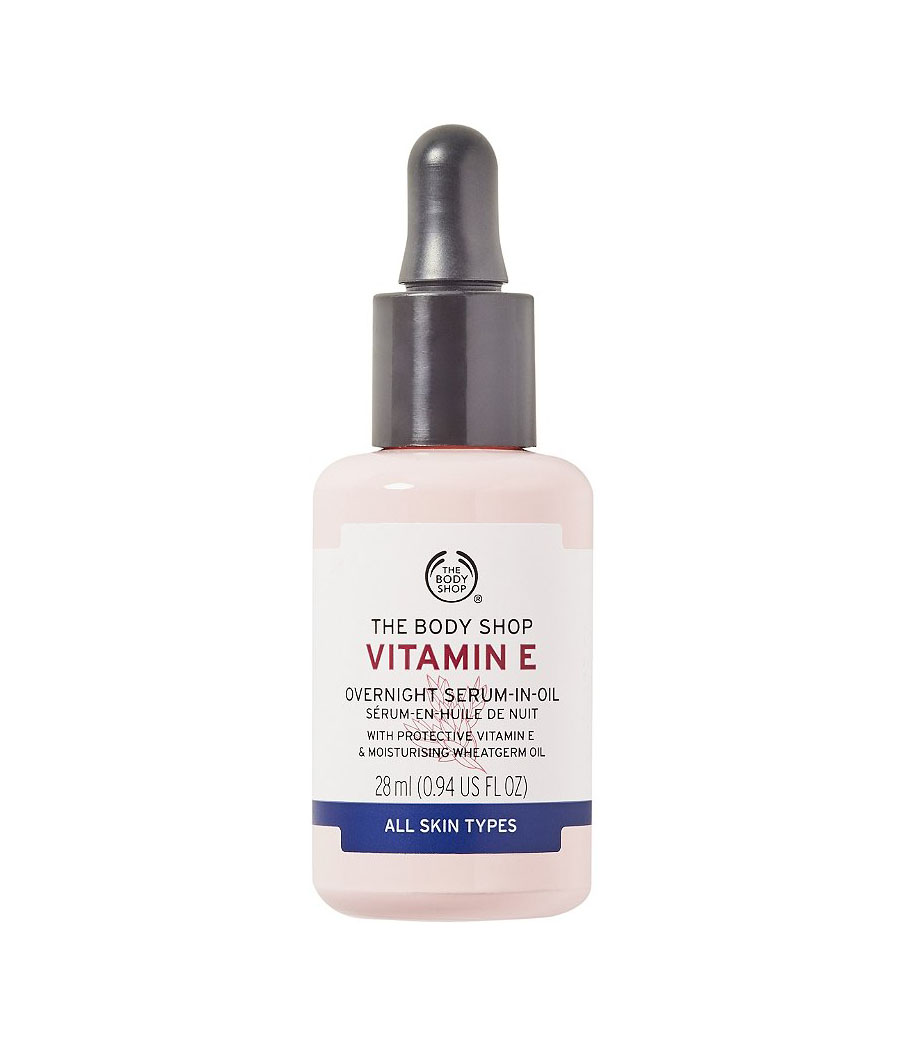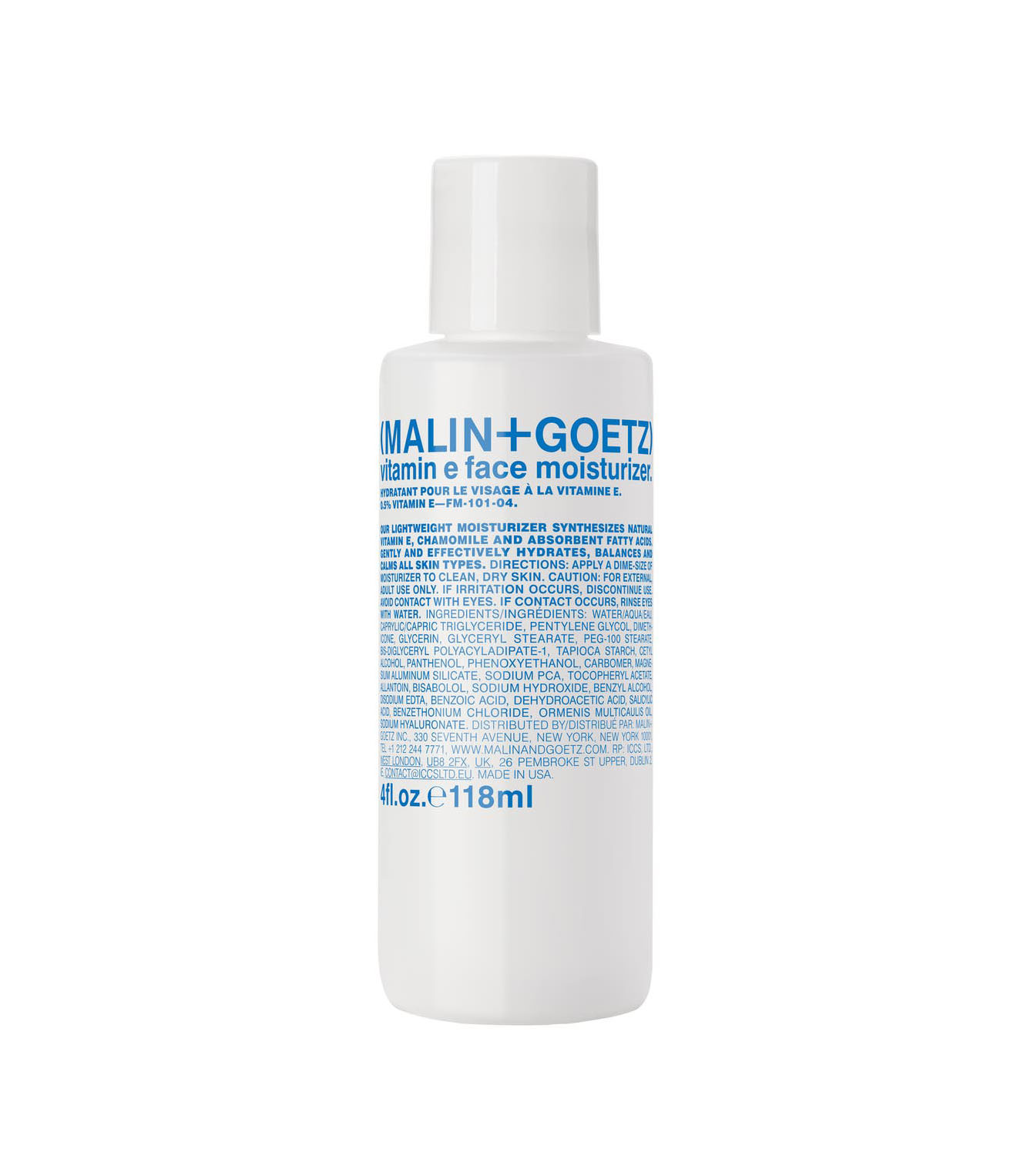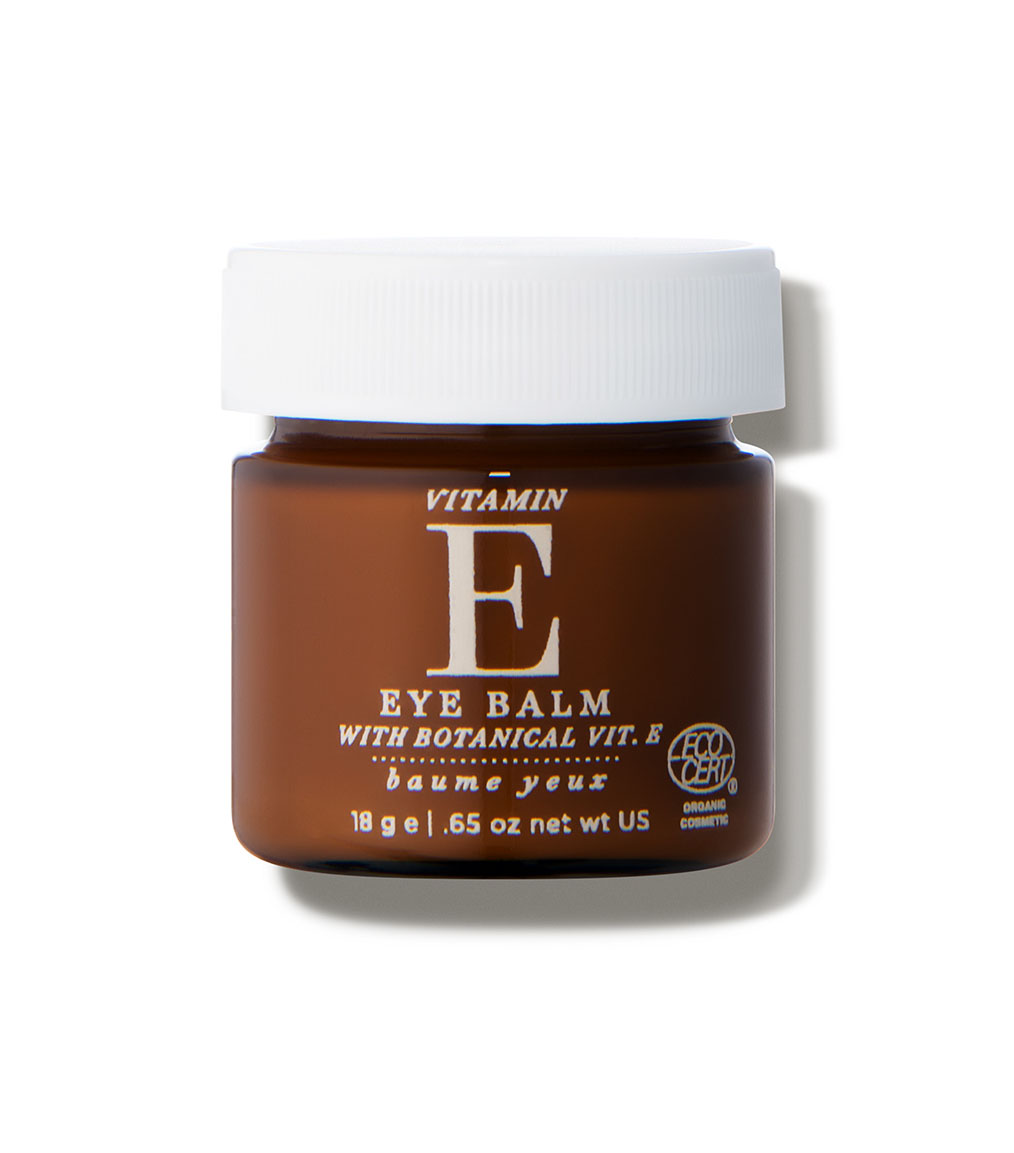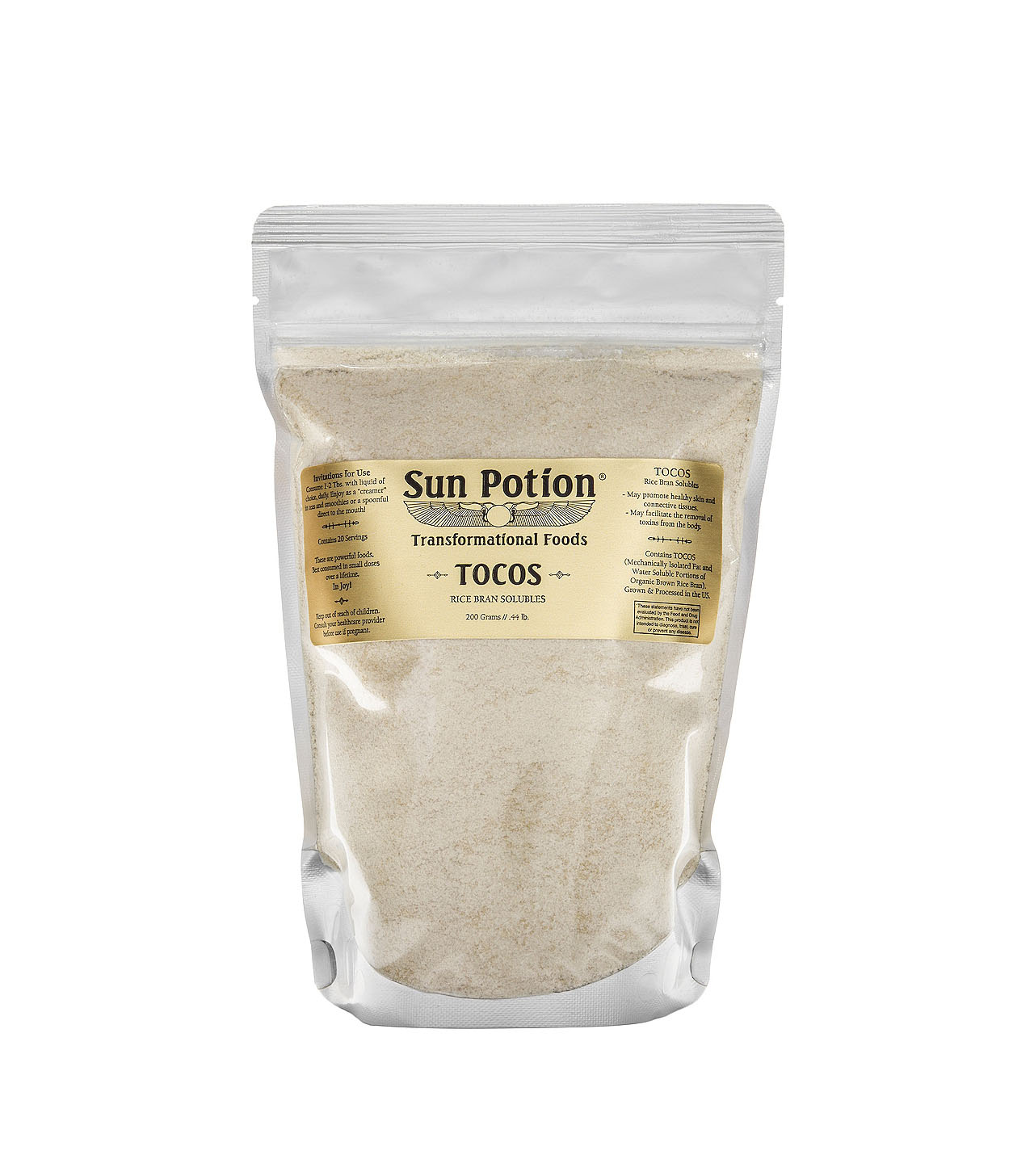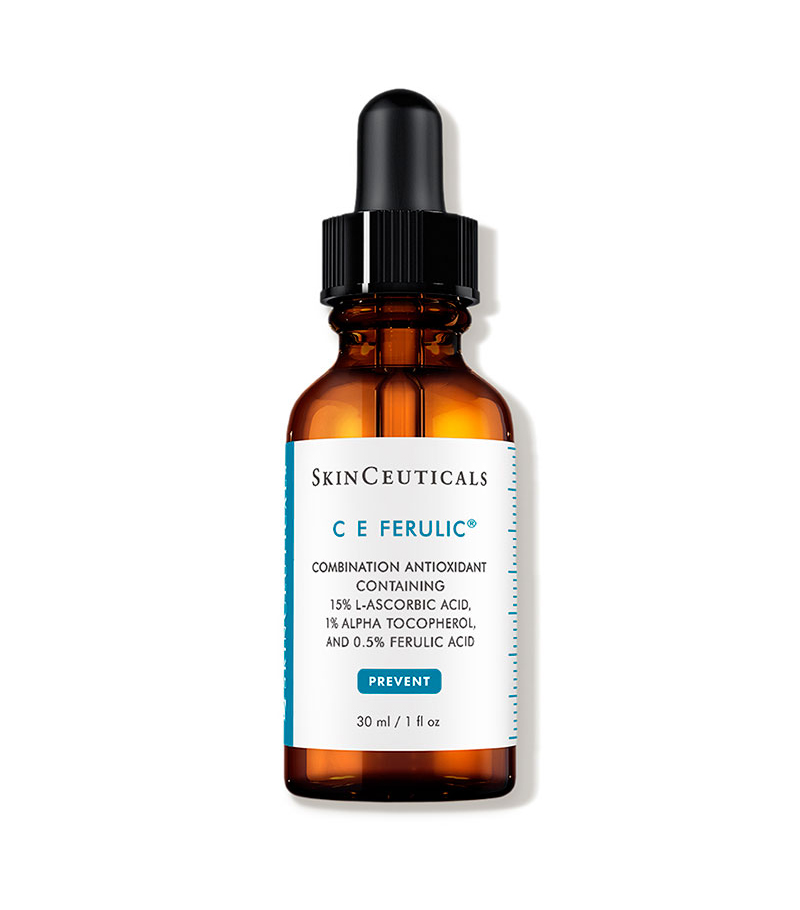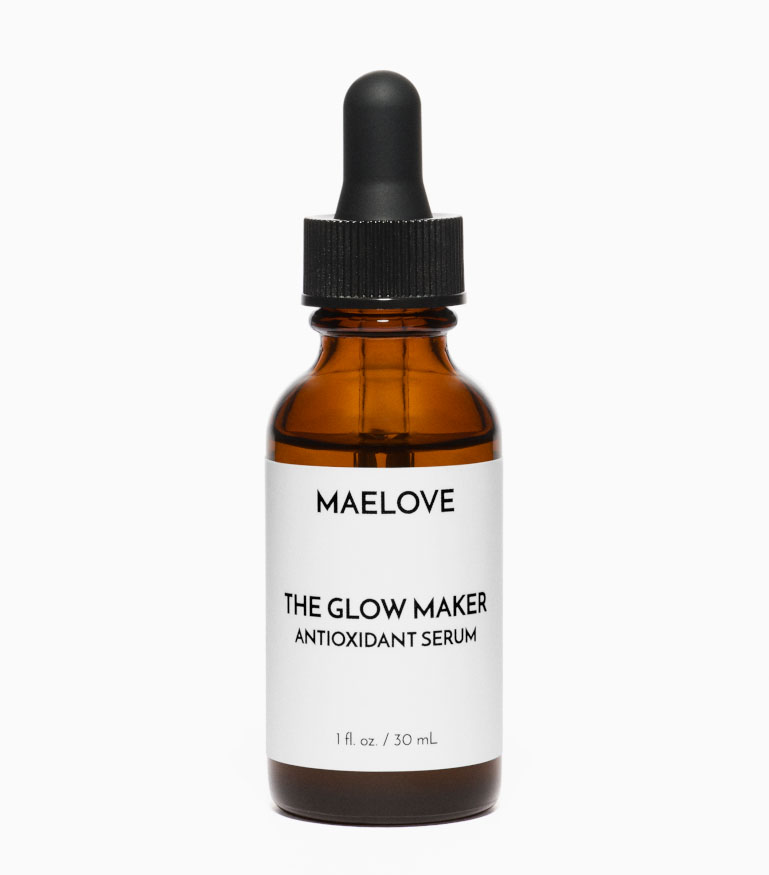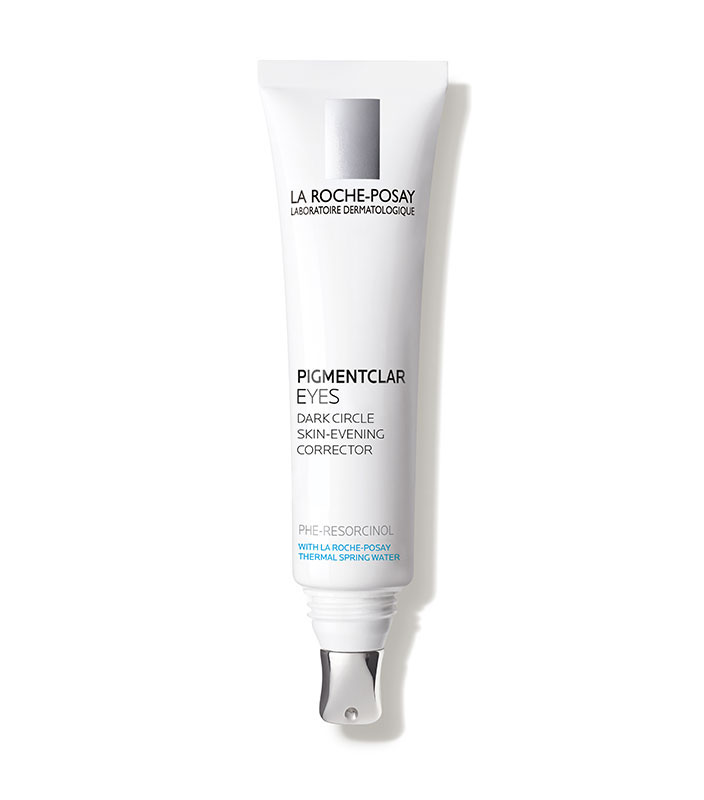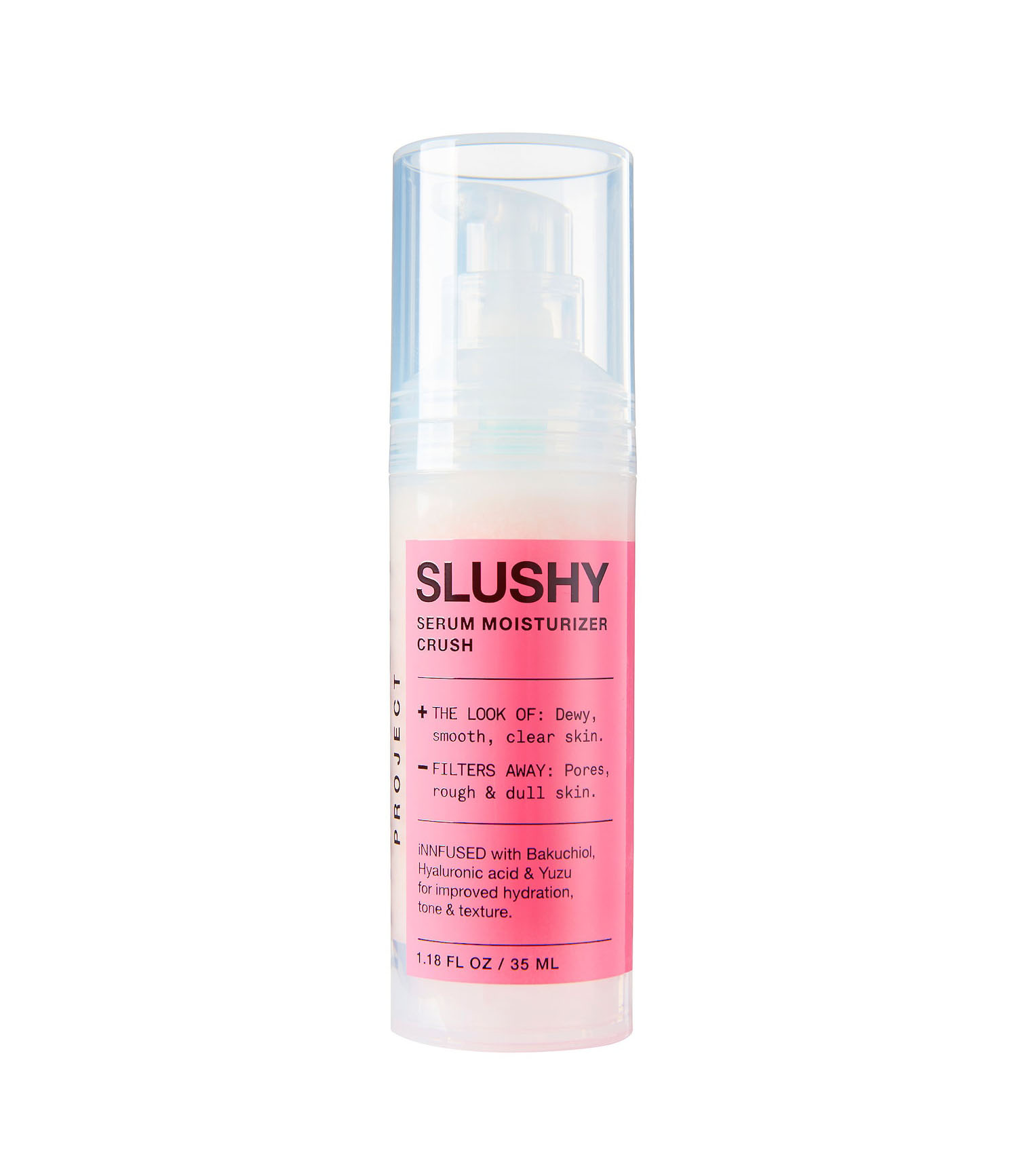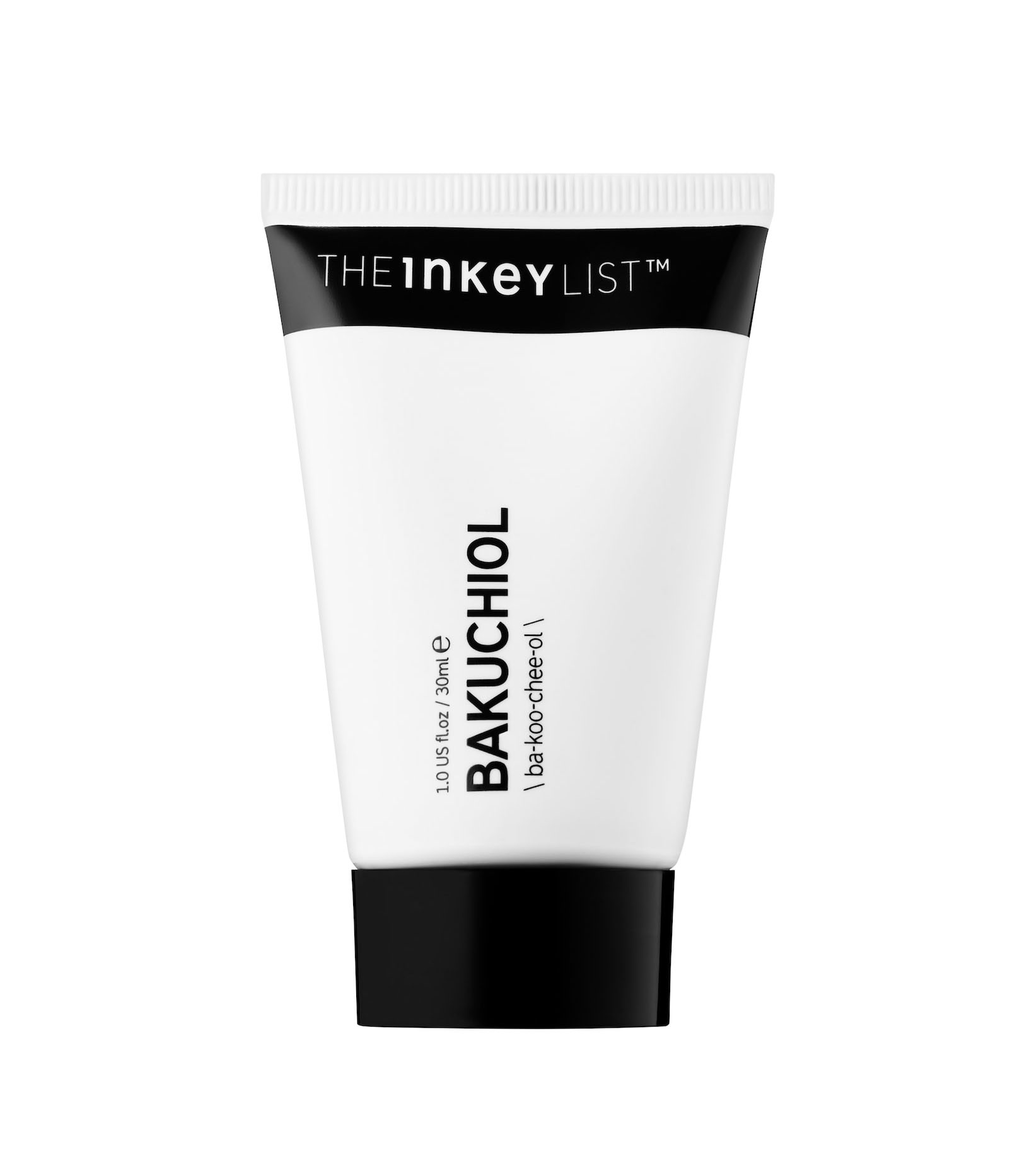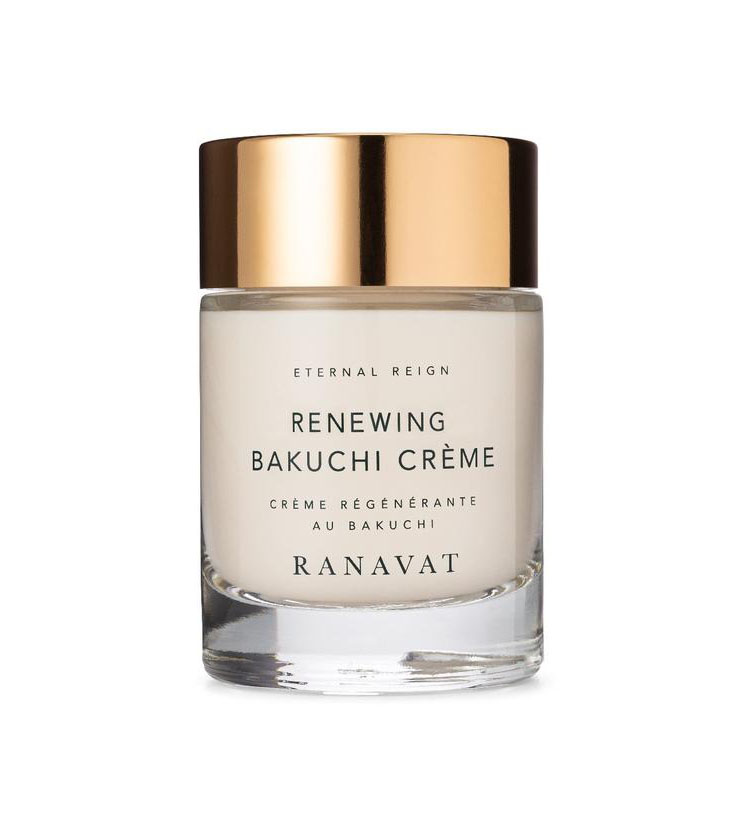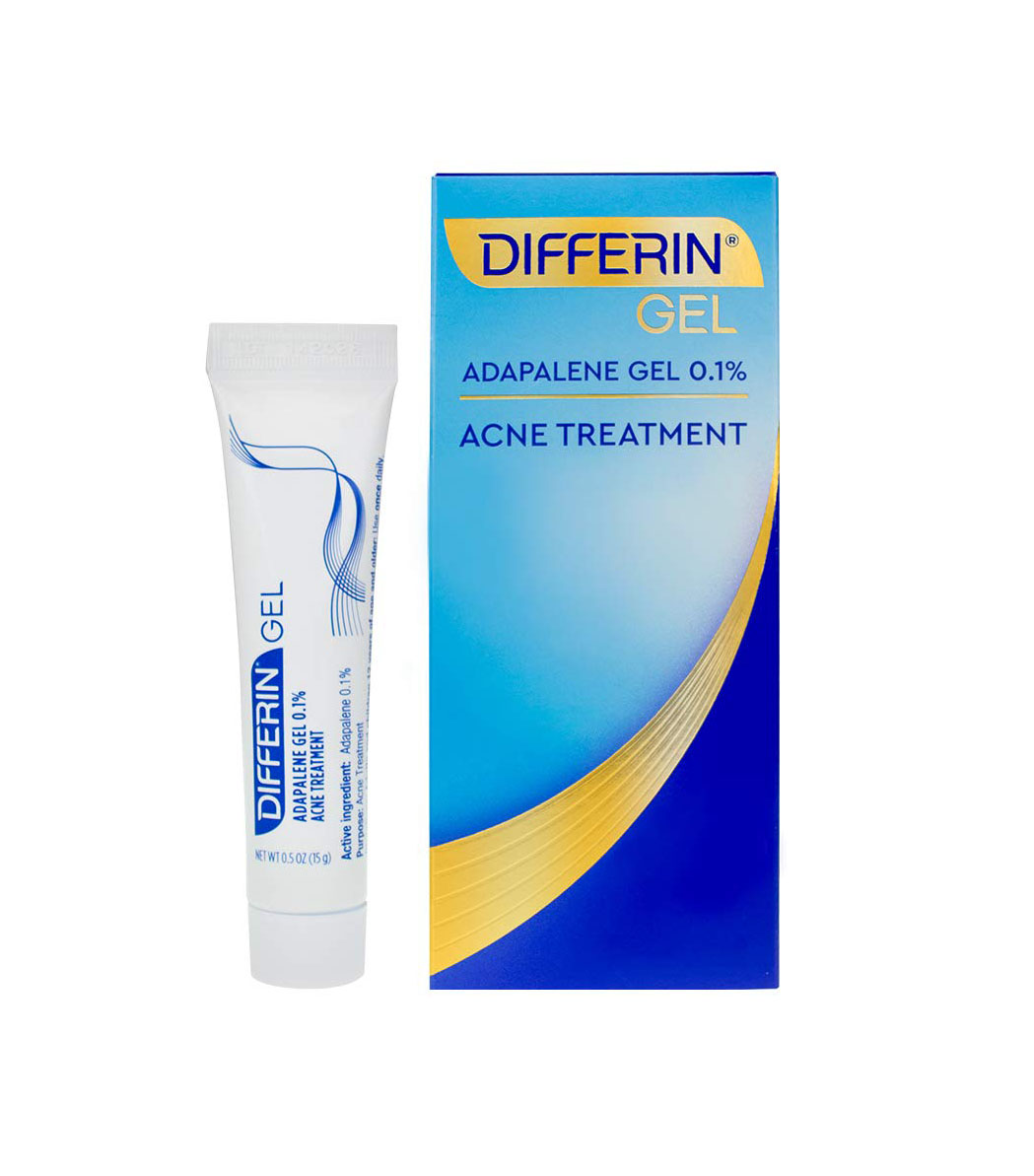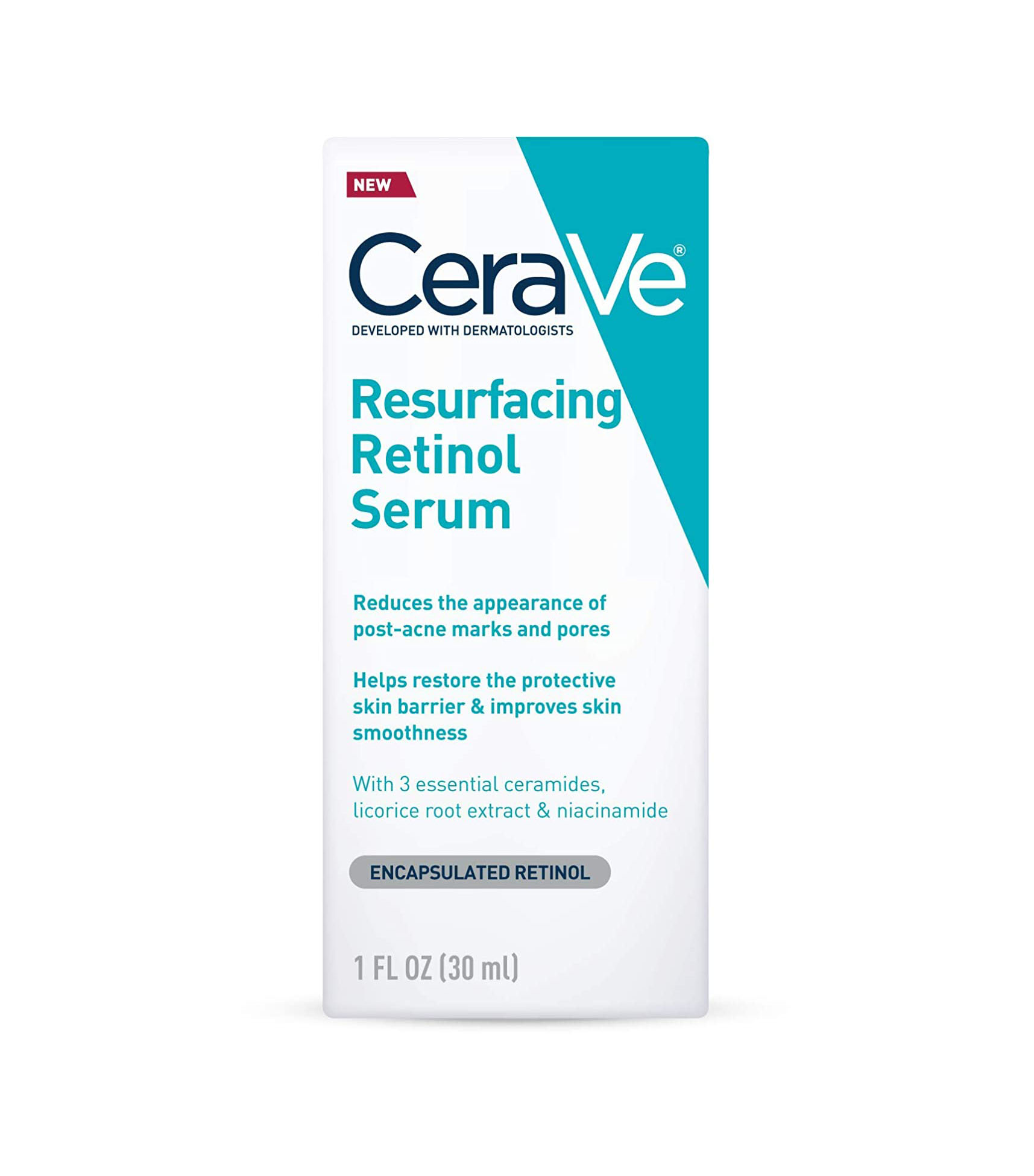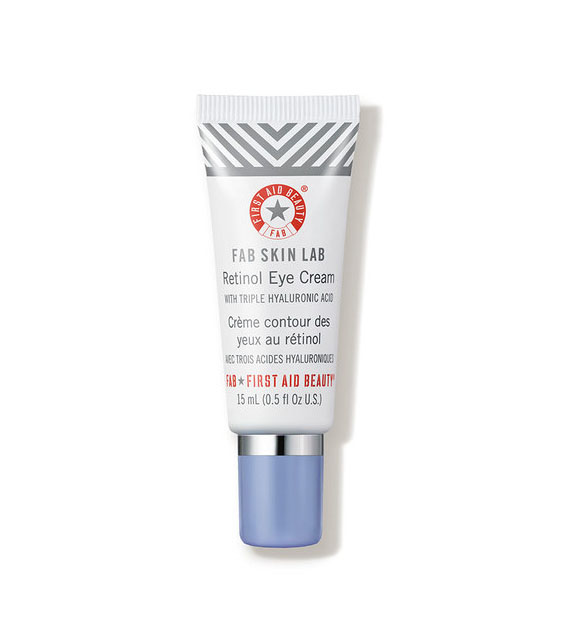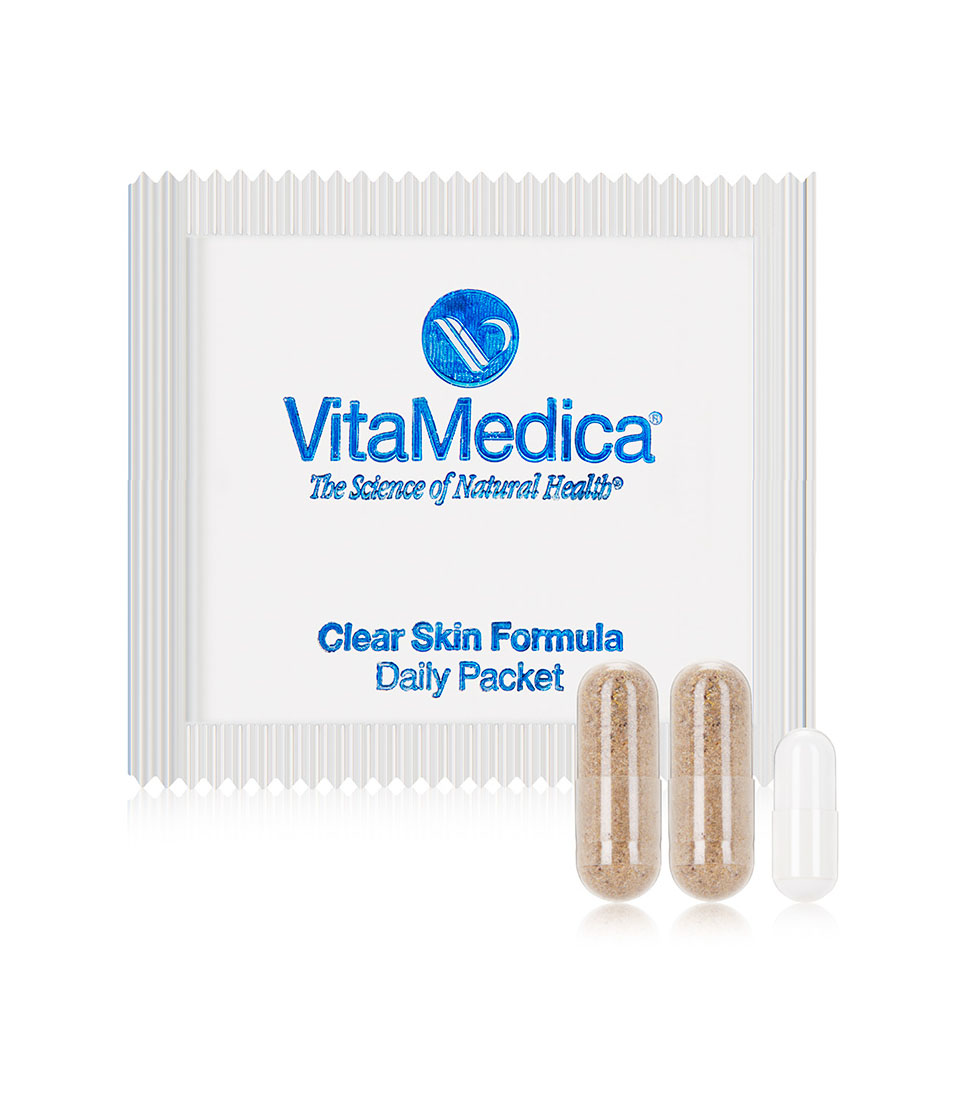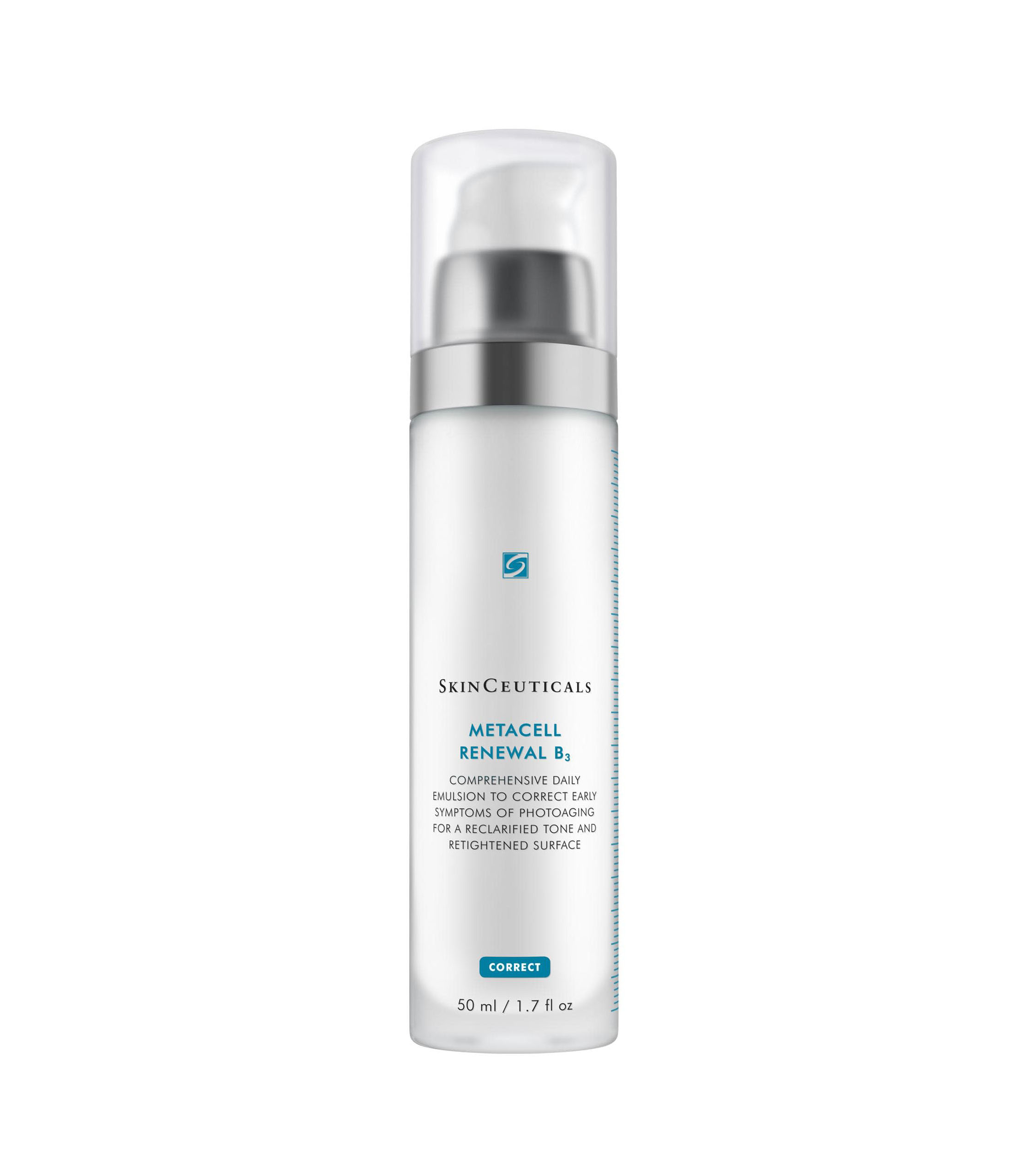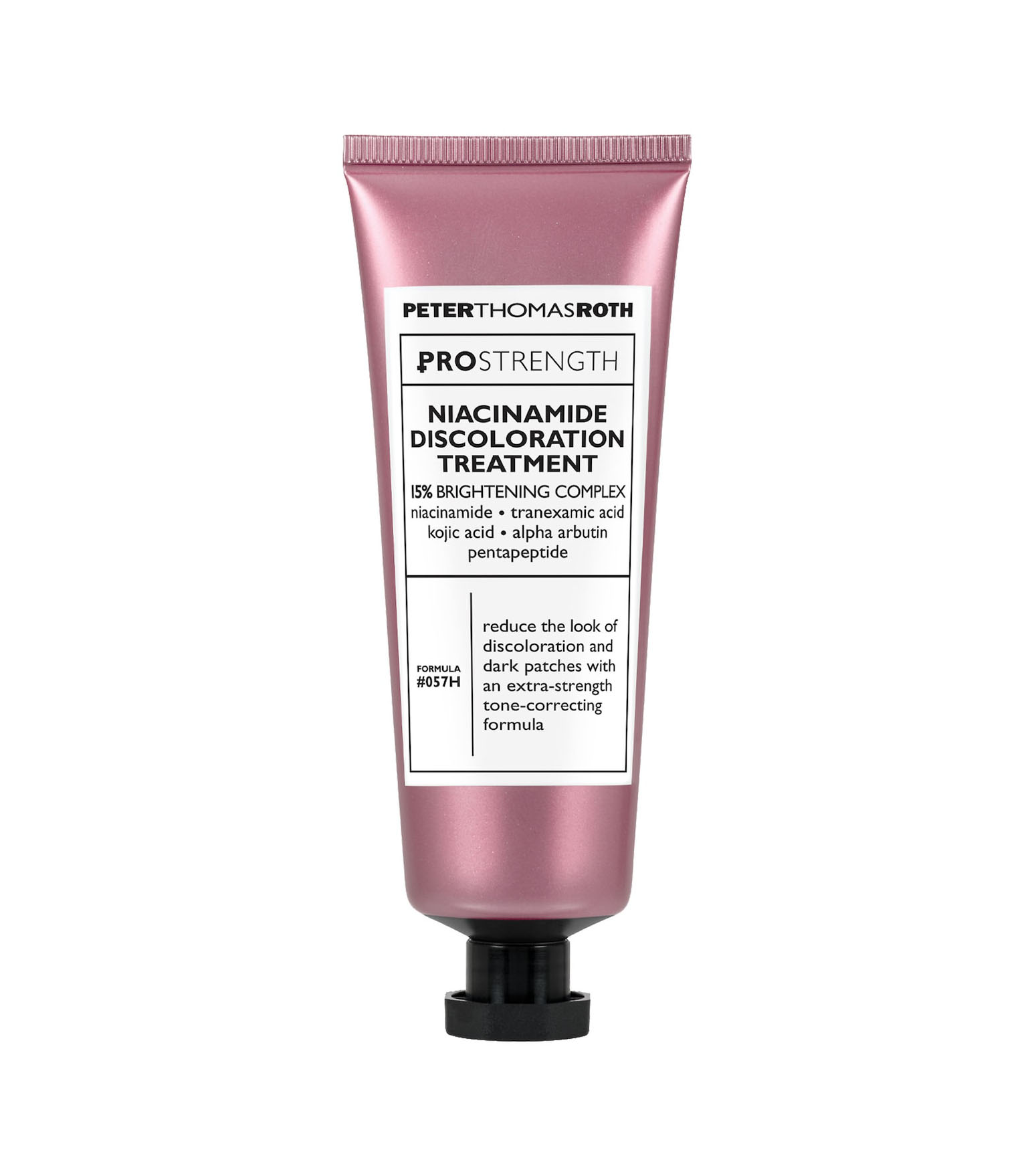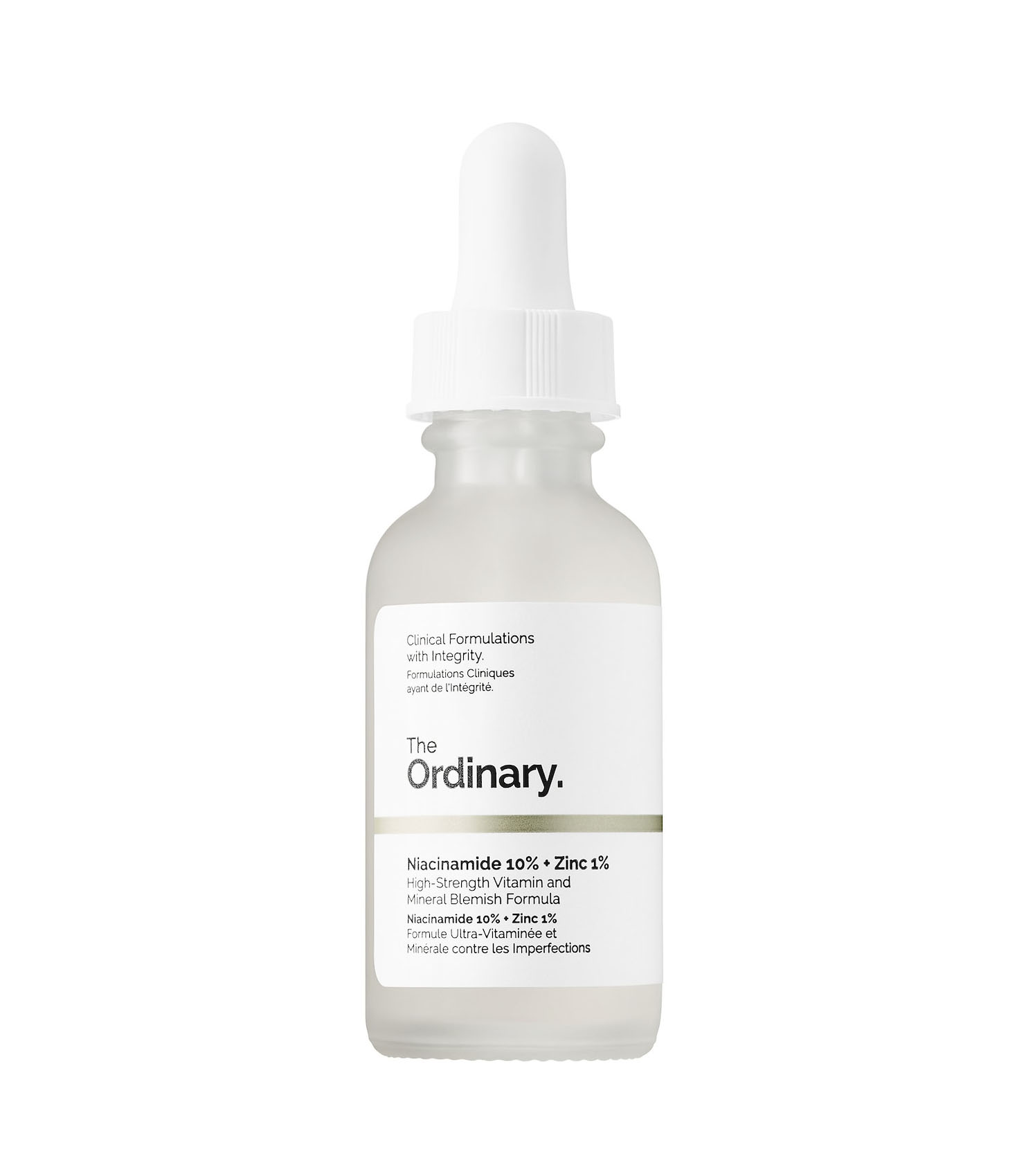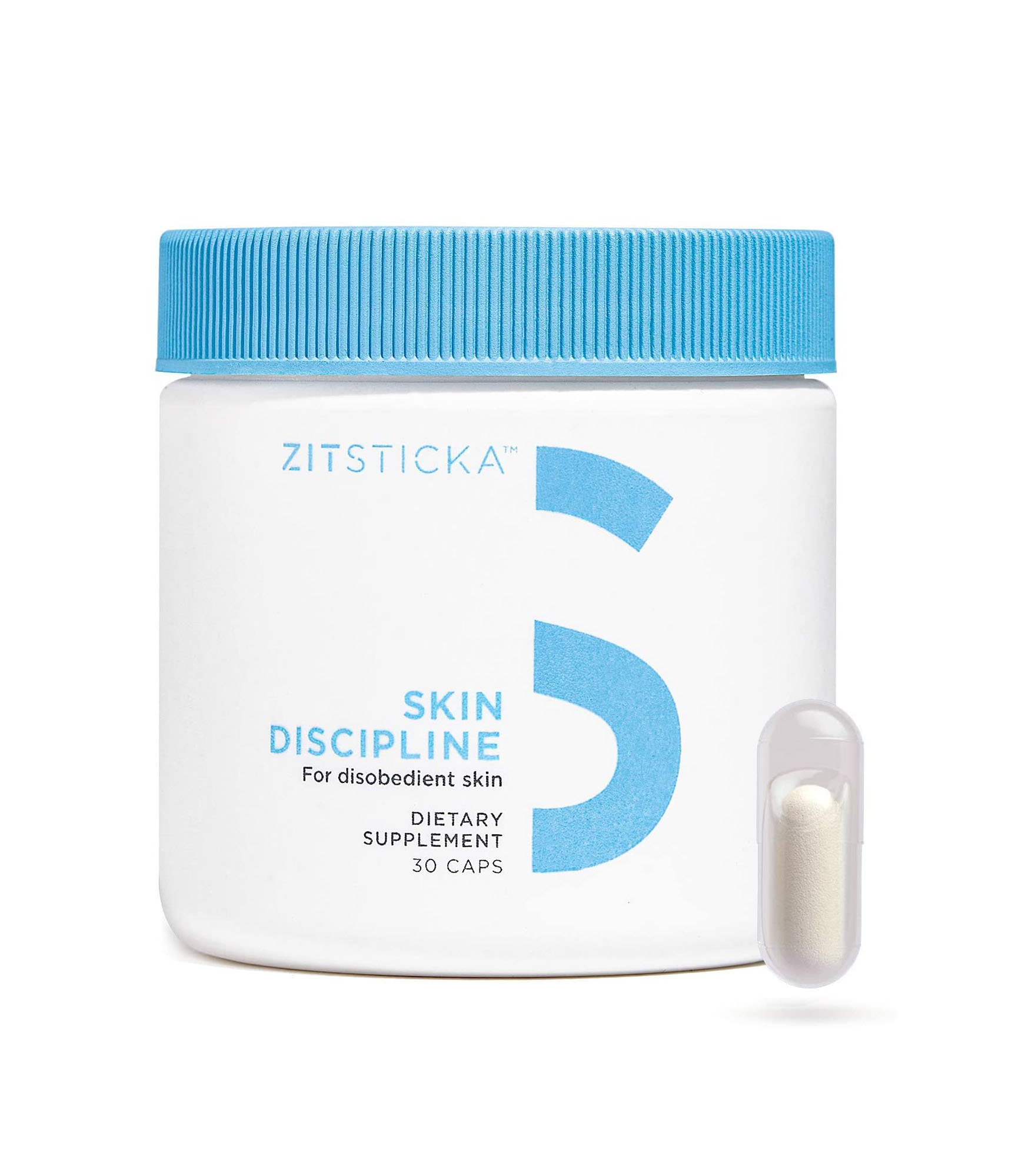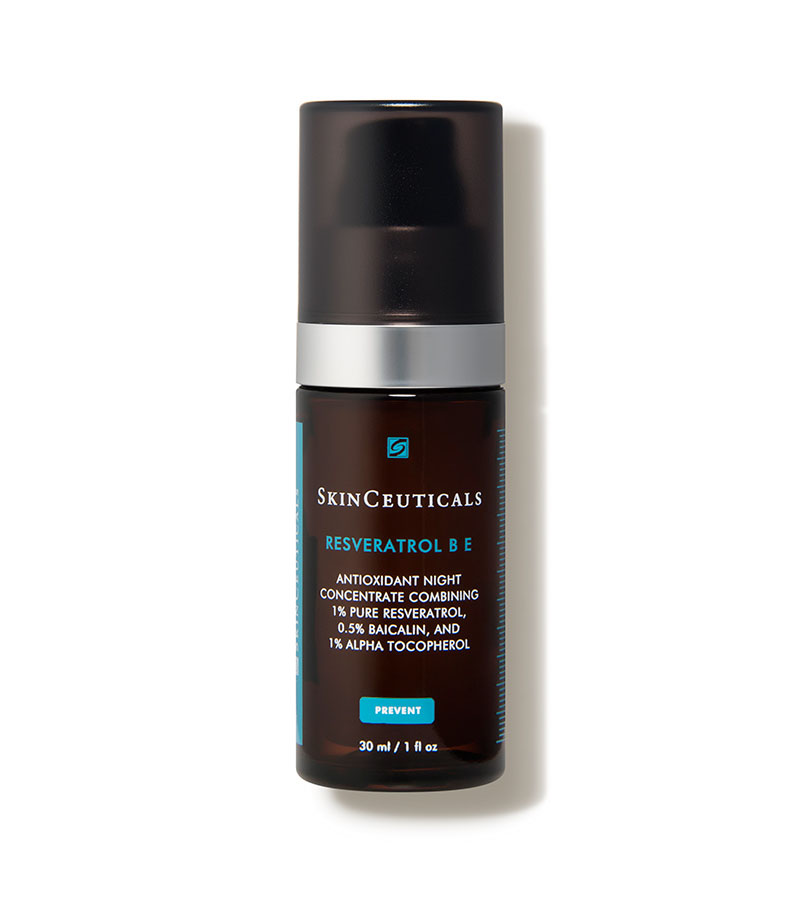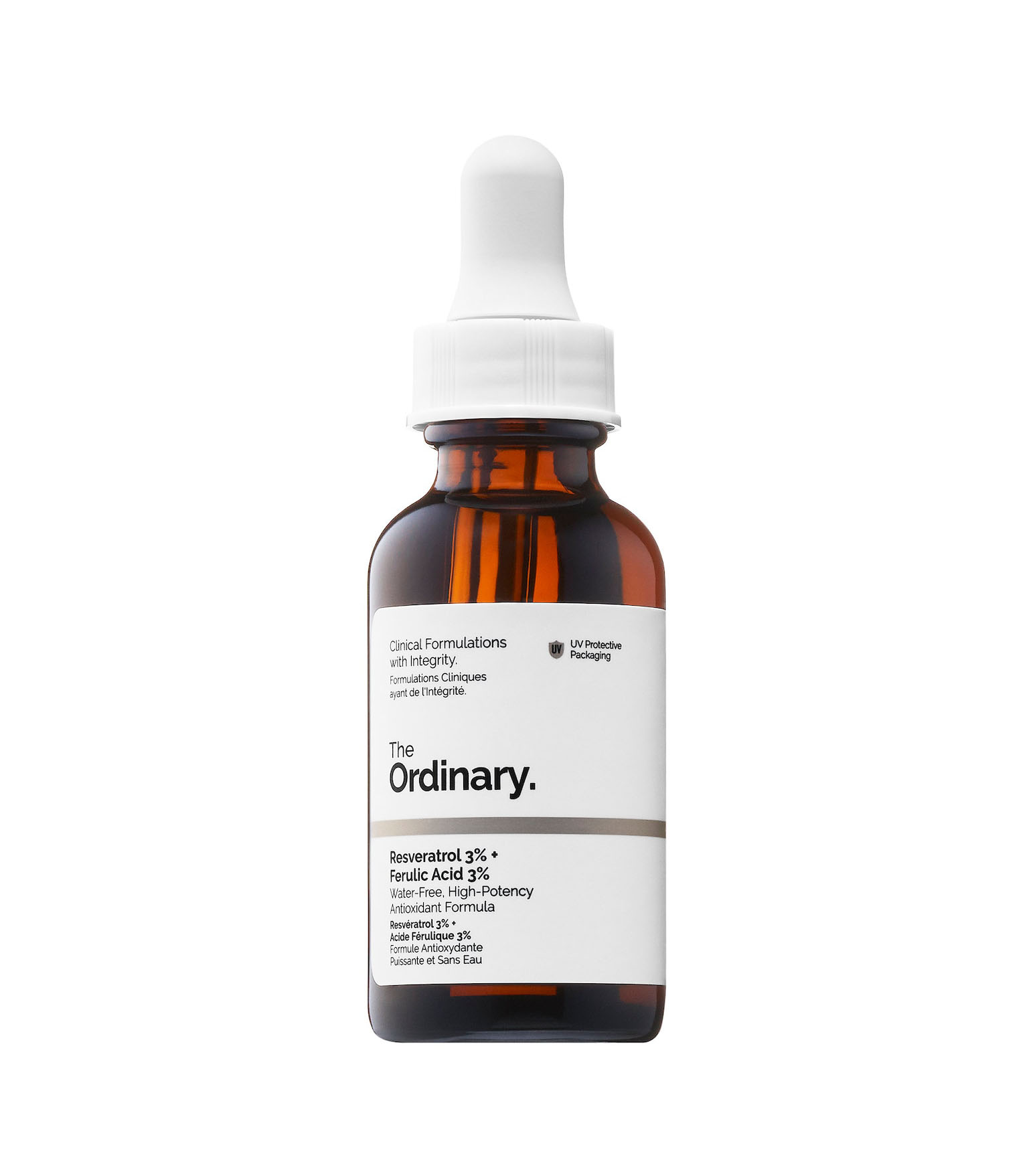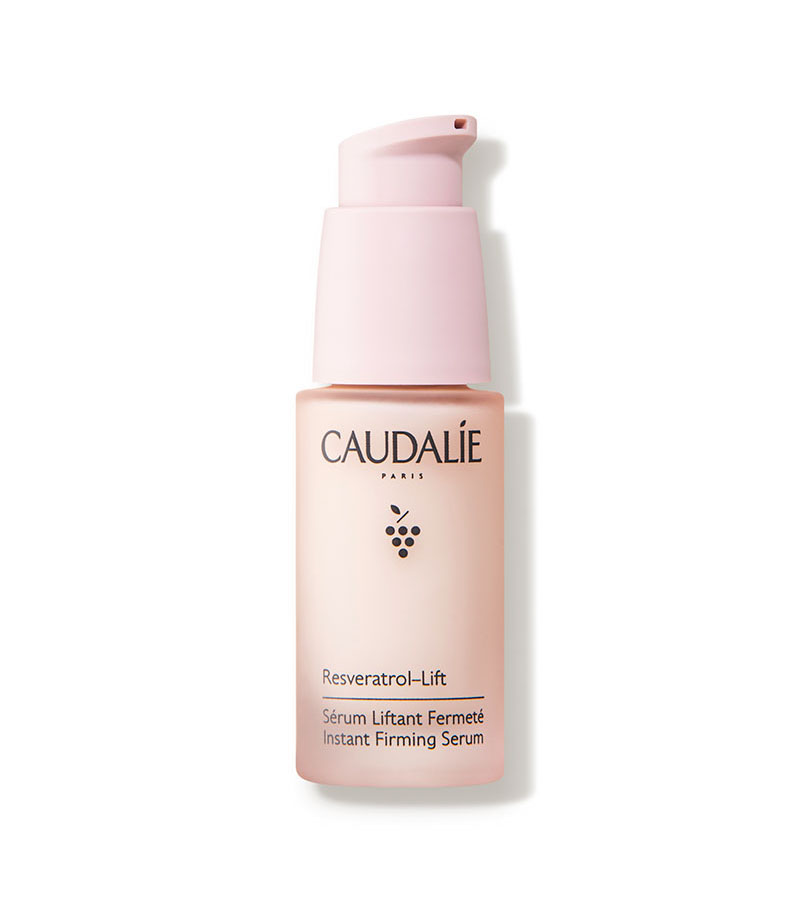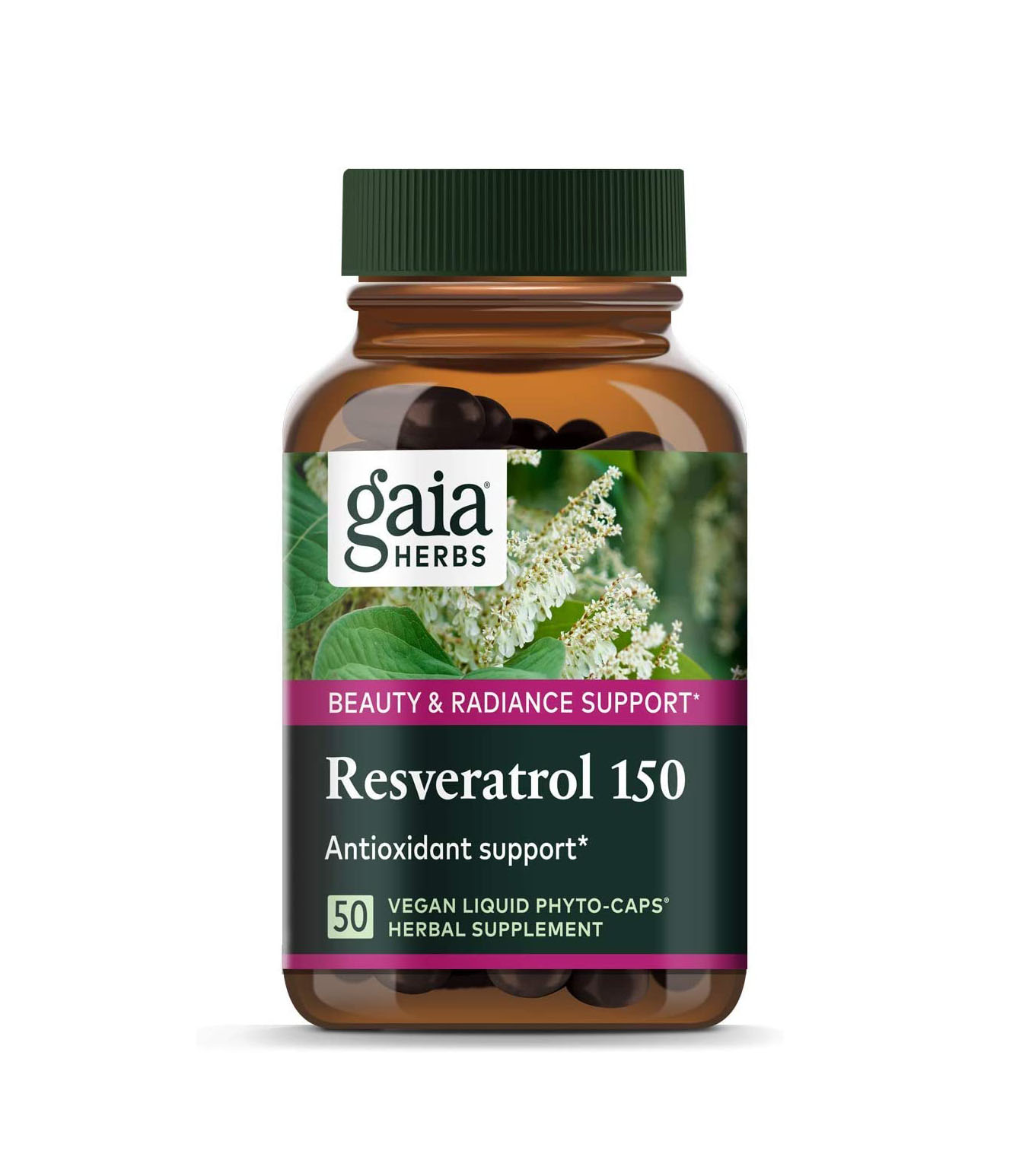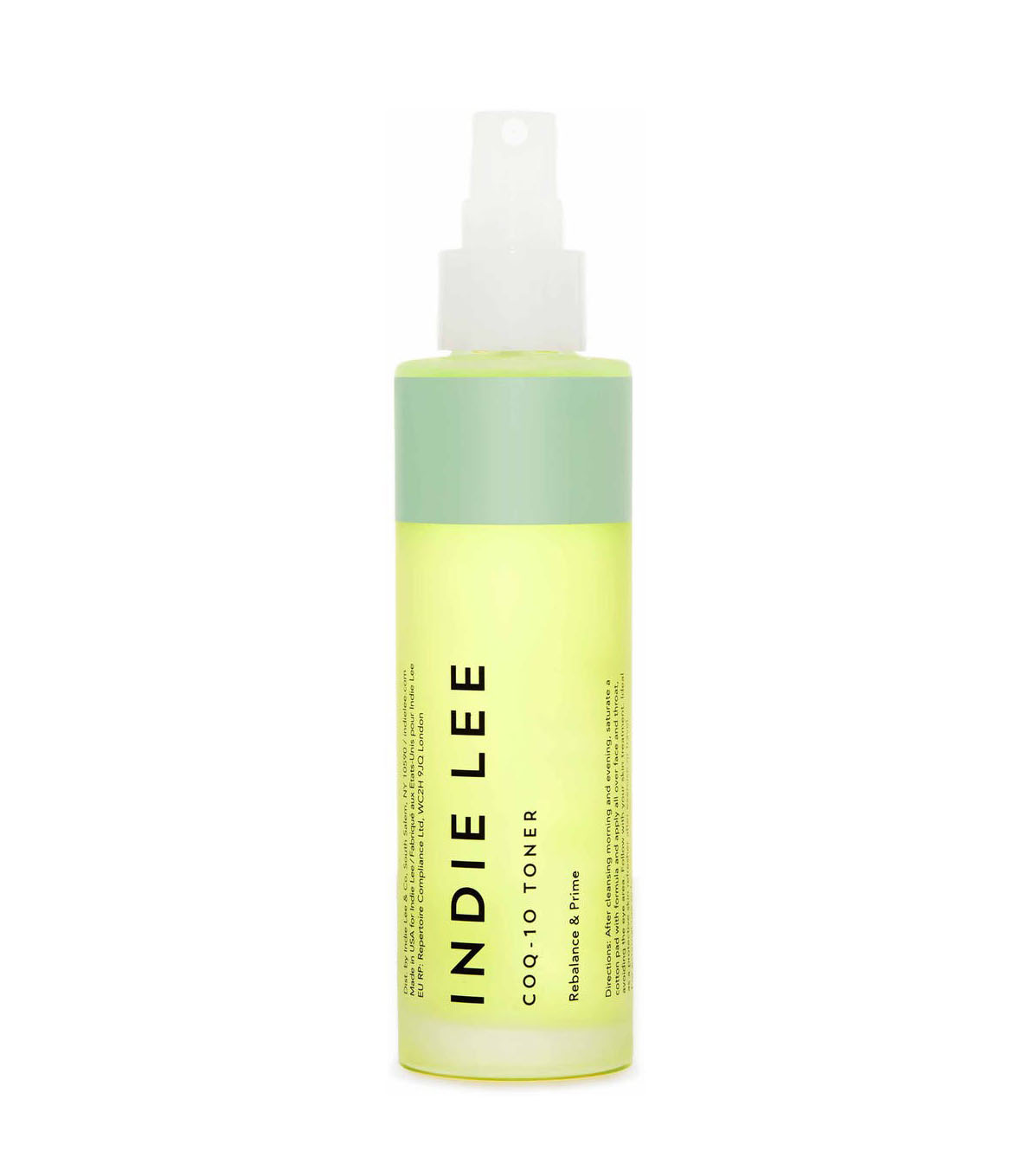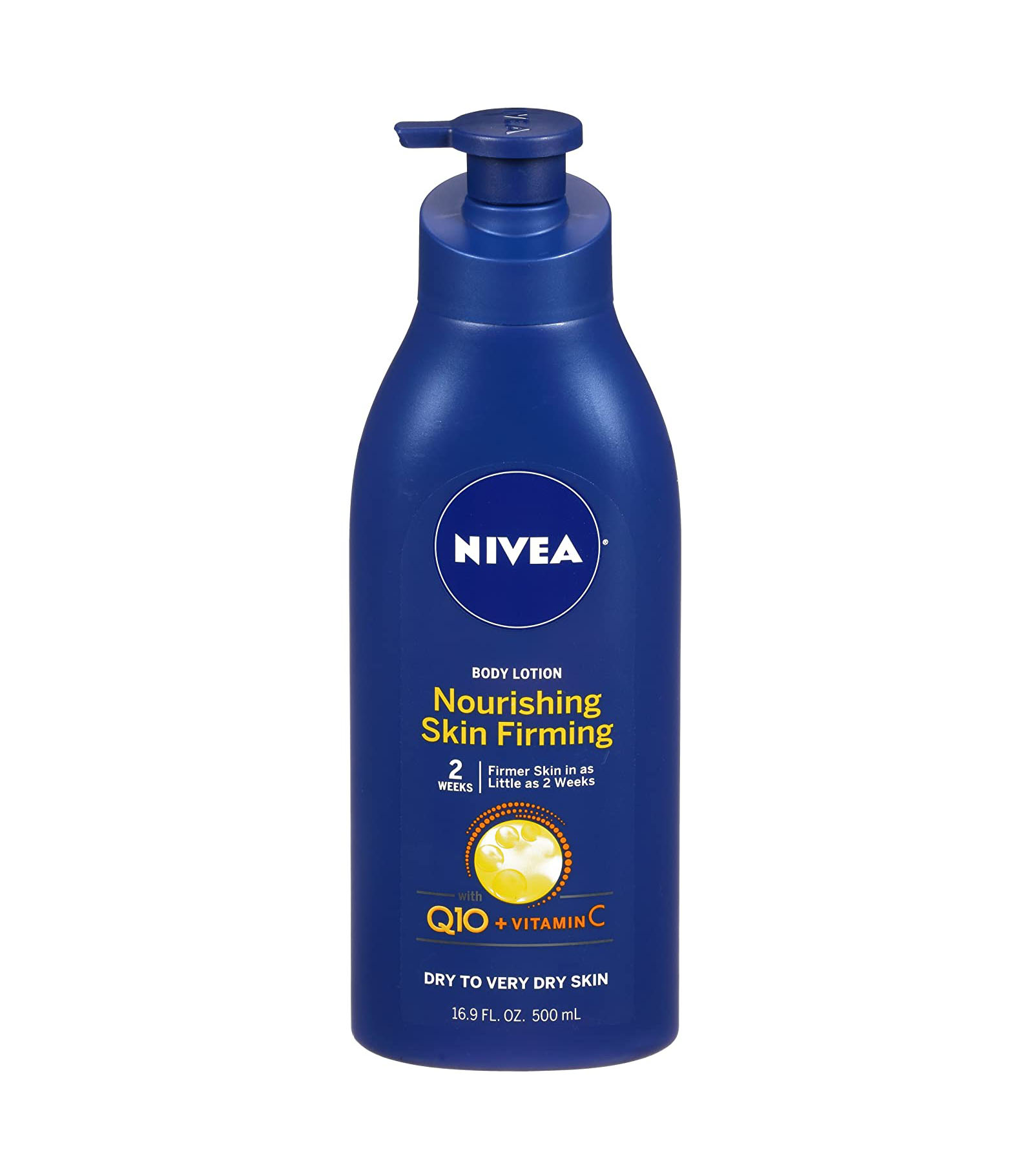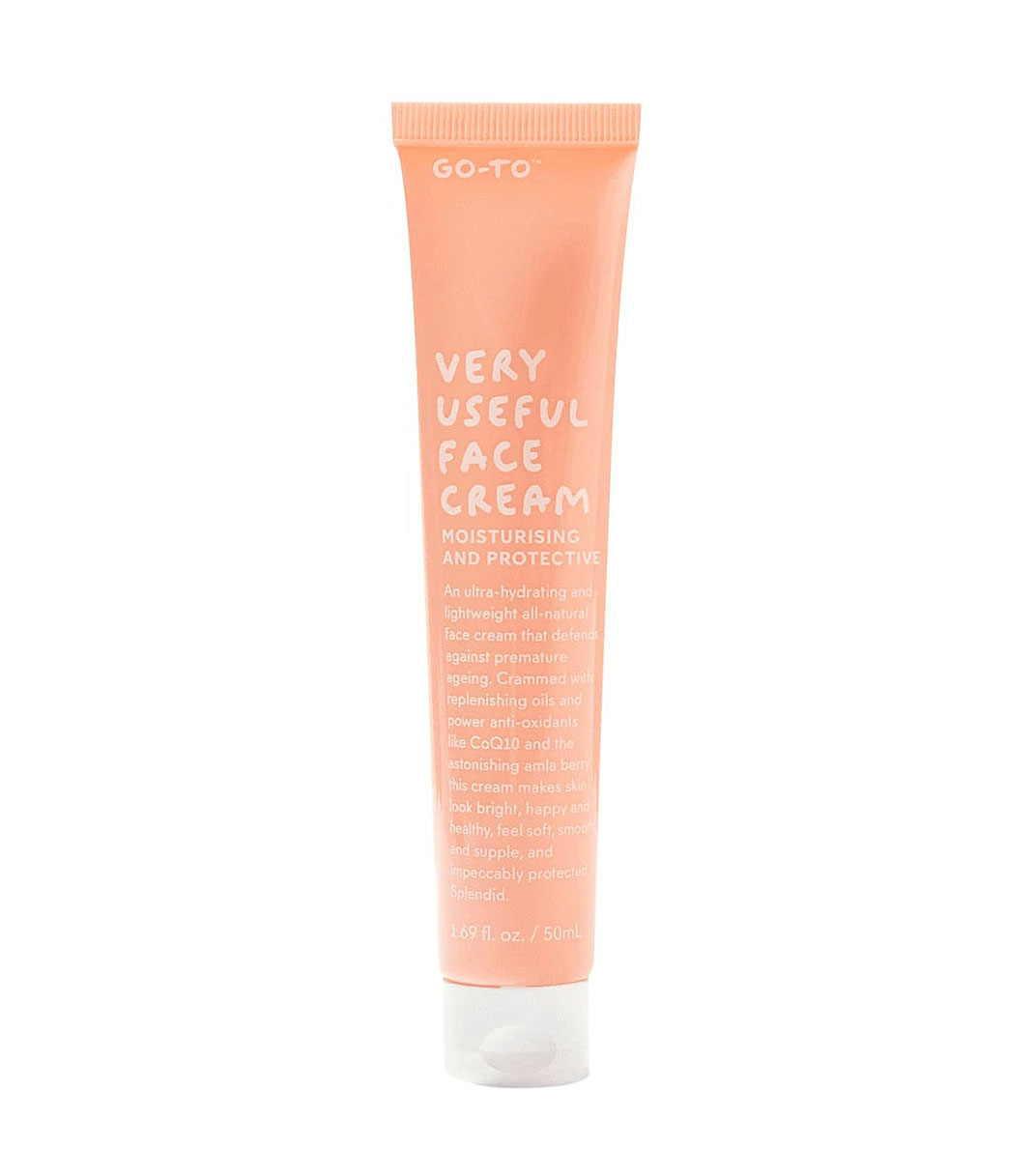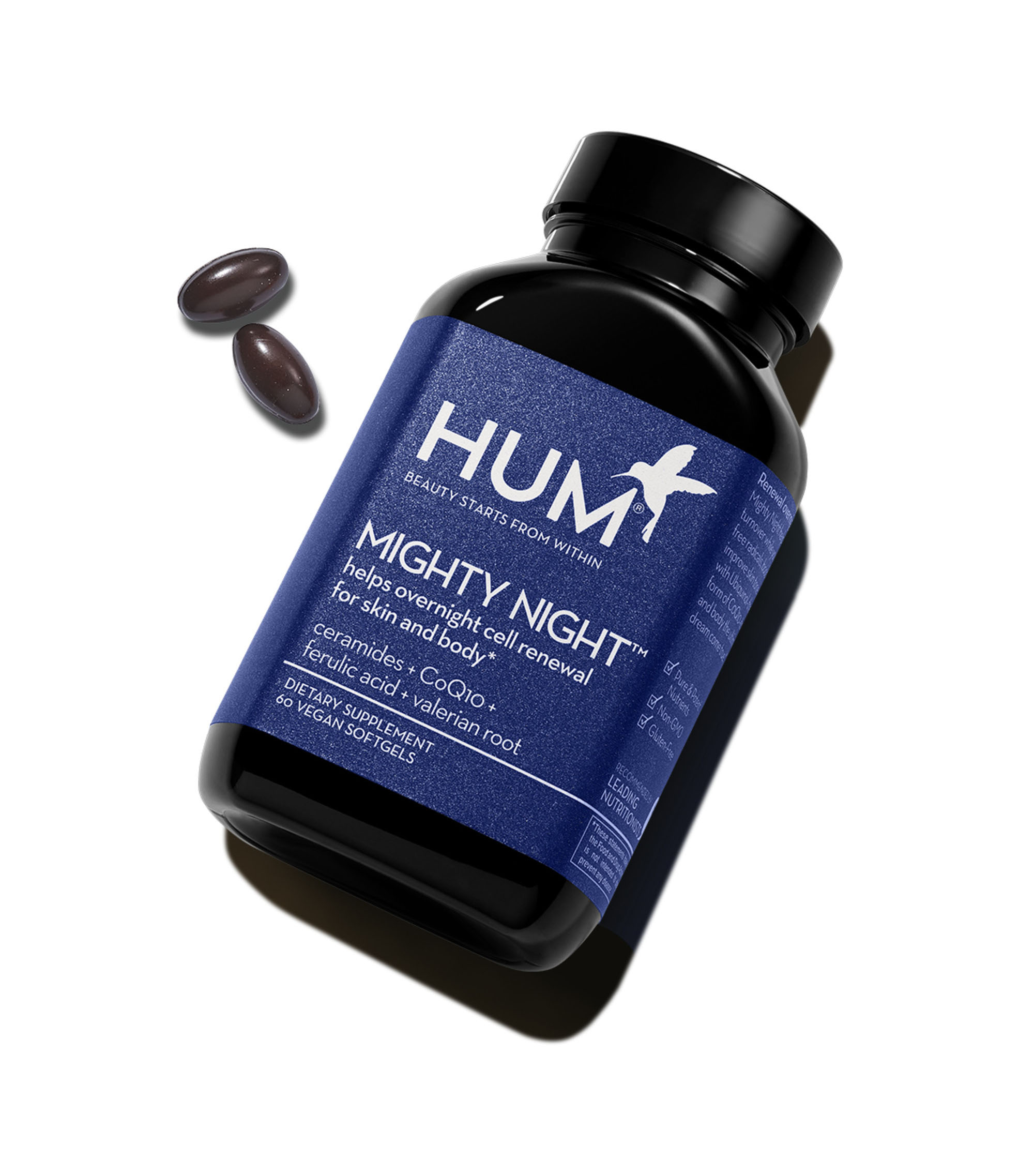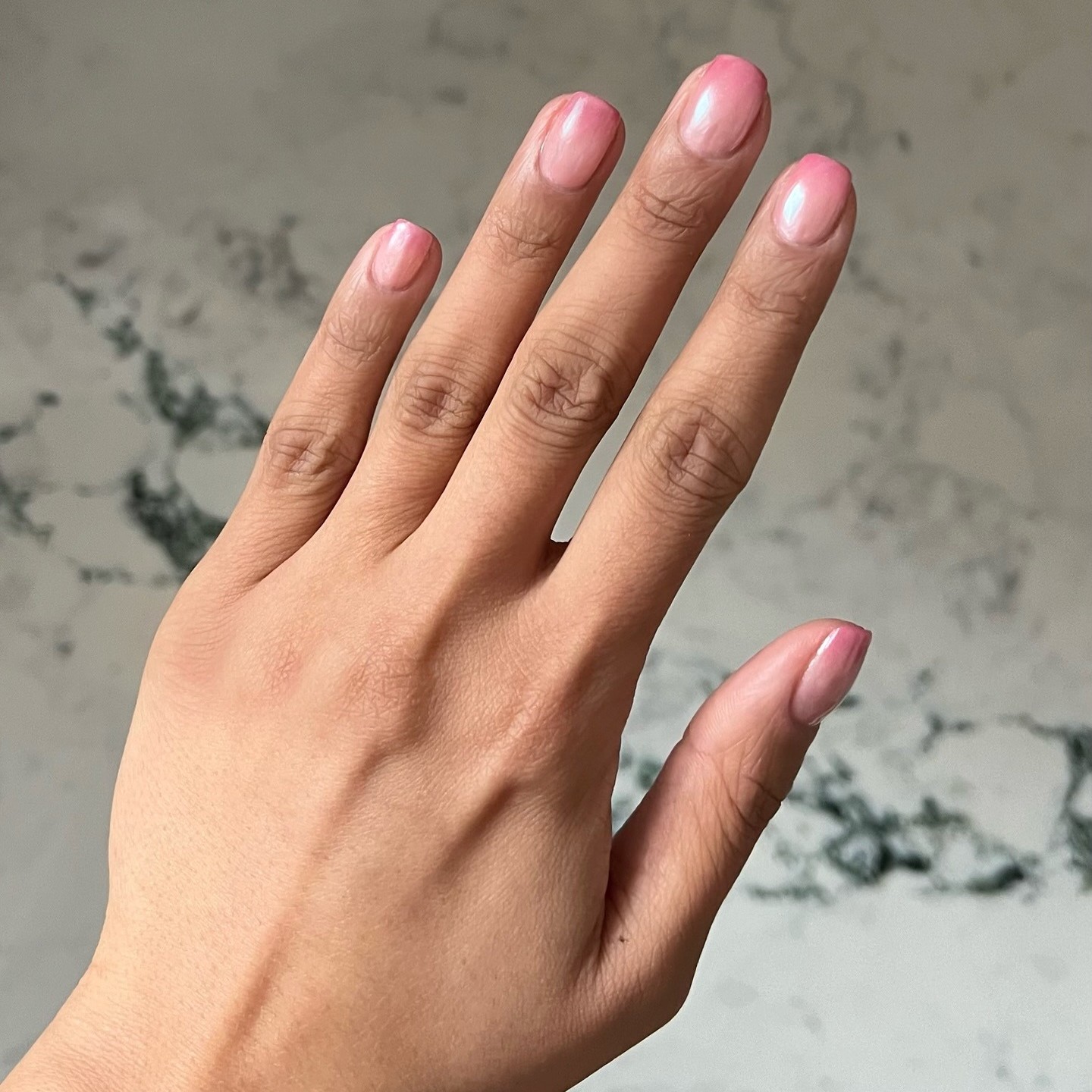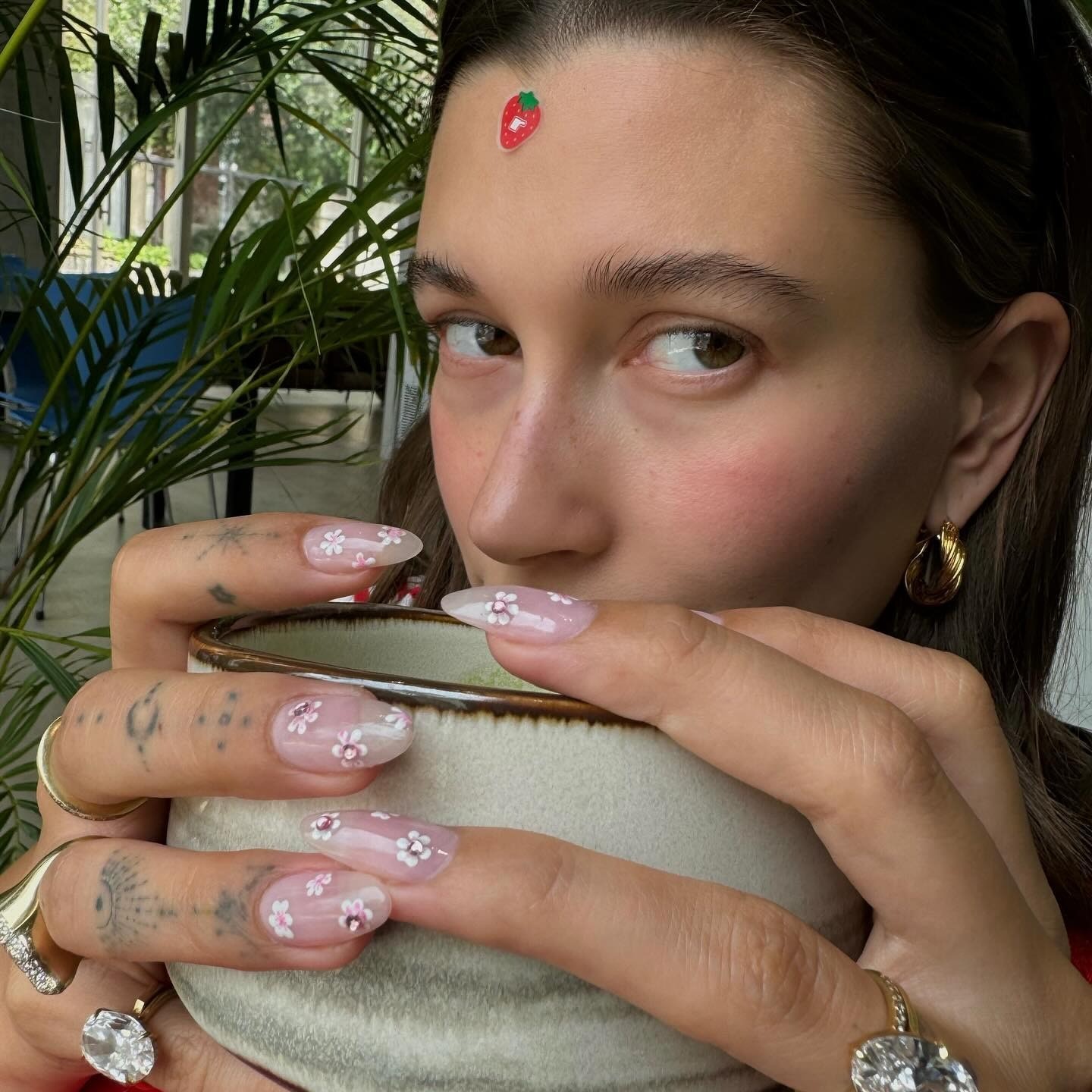These Are the 8 Best Antioxidants for the Skin, According to Experts
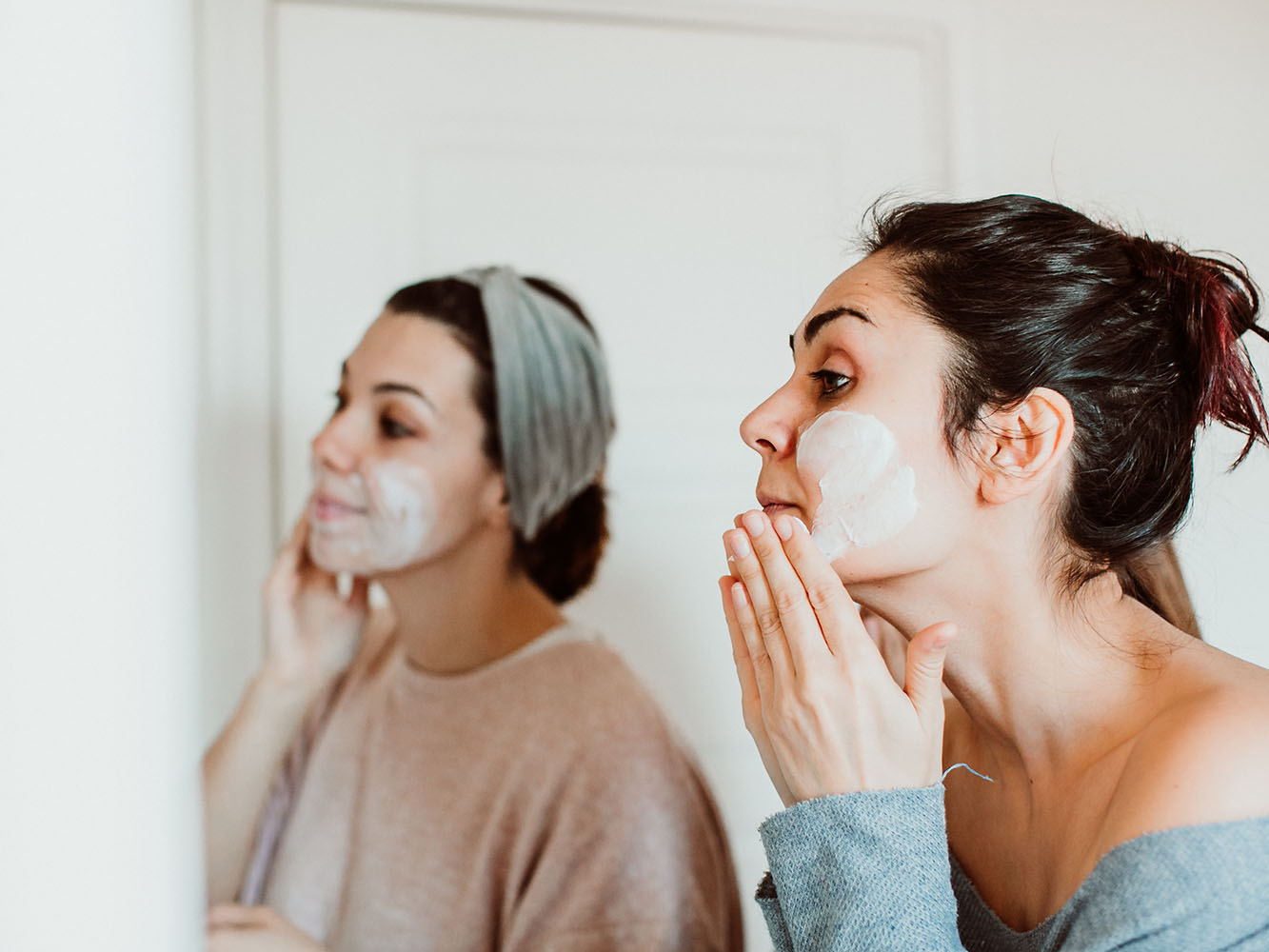
Whether you're a fan of the 10-step skincare routine or prefer "skinimalism," it's almost a certainty you're incorporating antioxidants into your skincare routine. But even though you're using products with these buzzy ingredients, a quick primer on all things antioxidants is worth the refresh.
"Antioxidants are a class of compounds that provide a layer of protection on the skin from free radicals," explains medical aesthetician Rachael Ostrea. Free radicals are daily stressors that cause the visible signs of aging—aka oxidative stress—on your face, making antioxidants, well, anti-aging powerhouses. In addition to protective benefits from UV rays and other environmental aggressors, antioxidants can also temper skin inflammation.
"To provide protection against free radicals, apply onto clean skin in the morning, underneath your sunscreen," explains Ostrea.
1. Vitamin C
Vitamin C is a powerful antioxidant that helps fade dark spots, supports collagen production, and protects against environmental damage. It can be administered in both ingested and topical forms. Vitamin C in skincare products can oxidize with exposure to air and light, so look for formulations with stabilizing ingredients such as ferulic acid, says board-certified dermatologist Christina Weng, MD.
"L-ascorbic acid and vitamin C is fantastic to fade hyperpigmentation, stimulate collagen, offer anti-aging benefits, brighten the complexion, and fight off free radicals. It's truly an all-in-one product," adds Ostrea.
2. Vitamin E
Also known as tocopherol, vitamin E helps stabilize the skin's barrier function to protect the skin. It can be used topically or ingested but it is maximized when paired with the aforementioned vitamin C, which it is in many topical treatments, says board-certified dermatologist Jennifer Trent, MD. Weng agrees, adding that it can also help promote even skin texture and tone.
3. Ferulic Acid
"Ferulic acid keeps skin healthy, reduces fine lines and wrinkles, but works best when combined with other antioxidants to boost the effectiveness. For example, the C E Ferulic serum from Skinceuticals is a great antioxidant product that combines L-ascorbic and ferulic acid, which gives stellar results," Ostrea says.
4. Bakuchiol
Bakuchiol visibly reduces hyperpigmentation and redness, protects from environmental damage, and offers anti-inflammatory properties. It's also great for oily skin as it increases cellular turnover which means that it removes any excess cell or bacteria build up in our pores that can lead to blemishes. Bakuchiol can be a good substitute for retinol; it's targeted for those who are pregnant or can't tolerate standard retinol, explains Ostrea.
5. Vitamin A
Also known as retinoids, vitamin A helps exfoliate dead skin cells and decrease oil production to help with acne, says Trent. She also adds that vitamin A can help stimulate collagen production to minimize fine lines and wrinkles. While it can be used topically and is most commonly referred to as its fancy alter ego retinol, it's ingestible for beautification purposes as well.
6. Vitamin B3
Vitamin B3 (or niacinamide) helps hydrate the skin, reduce fine lines and wrinkles, and lightens dark spots, says Trent. It also has anti-inflammatory properties to help treat acne. It can be used topically or ingested.
"Niacinamide is a powerful ingredient in skincare, with a wide range of benefits, including improving crepey texture, supporting skin elasticity, and fading hyperpigmentation," Weng says.
7. Resveratrol
Resveratrol is an anti-inflammatory that helps calm and soothe the skin. It's also anti-microbial and cancer-fighting (aka chemopreventive). You can find it in foods like red wine and berries, but you can also take it as a supplement or use it topically.
8. CoQ10
CoQ10 is primarily administered as an oral supplement, but it may also be applied topically to the skin. Like other antioxidants, it works to neutralize reactive oxygen species and protect against oxidative damage. CoQ10 may also be helpful in repairing sun-induced skin damage.
Disclaimer
This article is provided for informational purposes only and is not intended to be used in the place of advice of your physician or other medical professionals. You should always consult with your doctor or healthcare provider first with any health-related questions.
